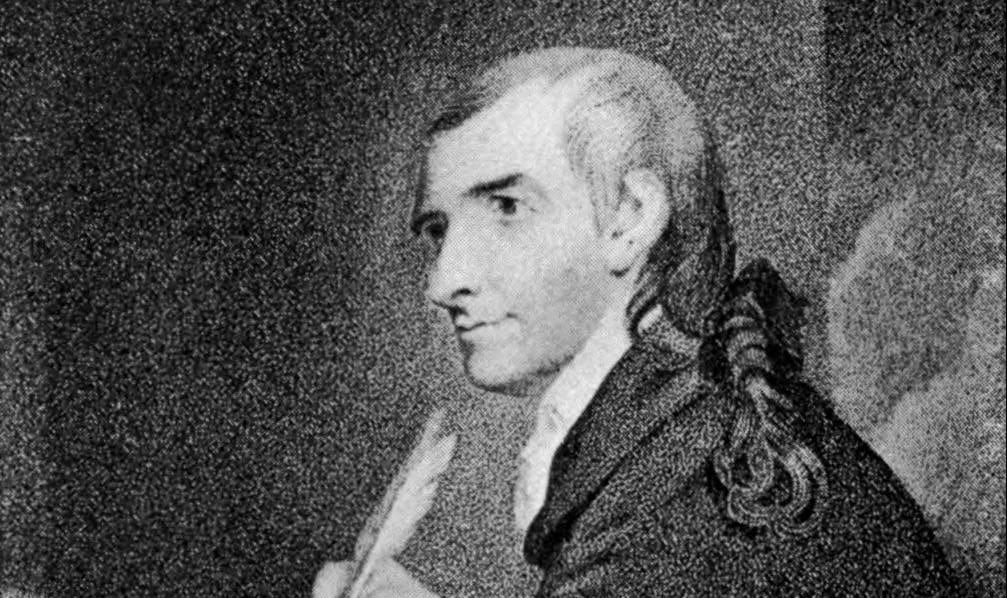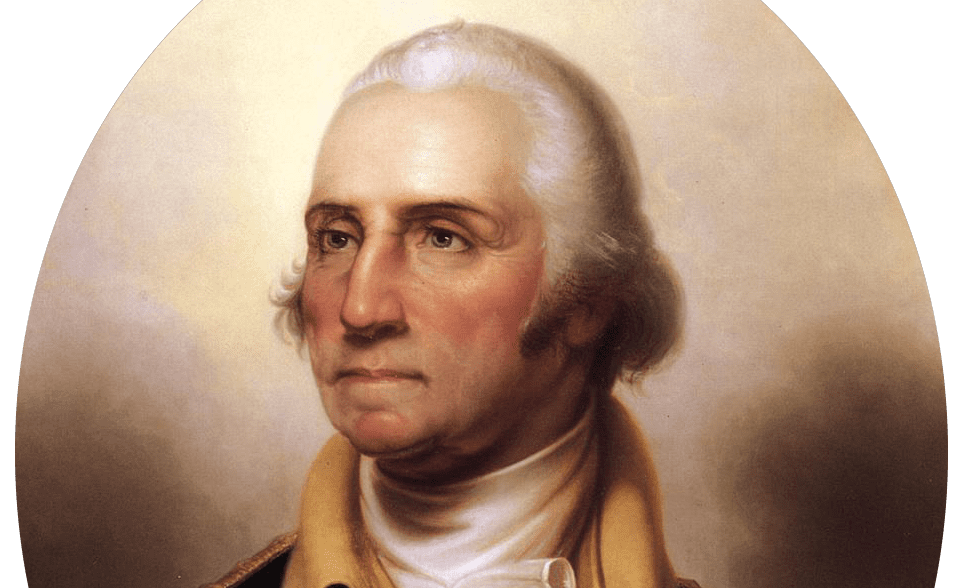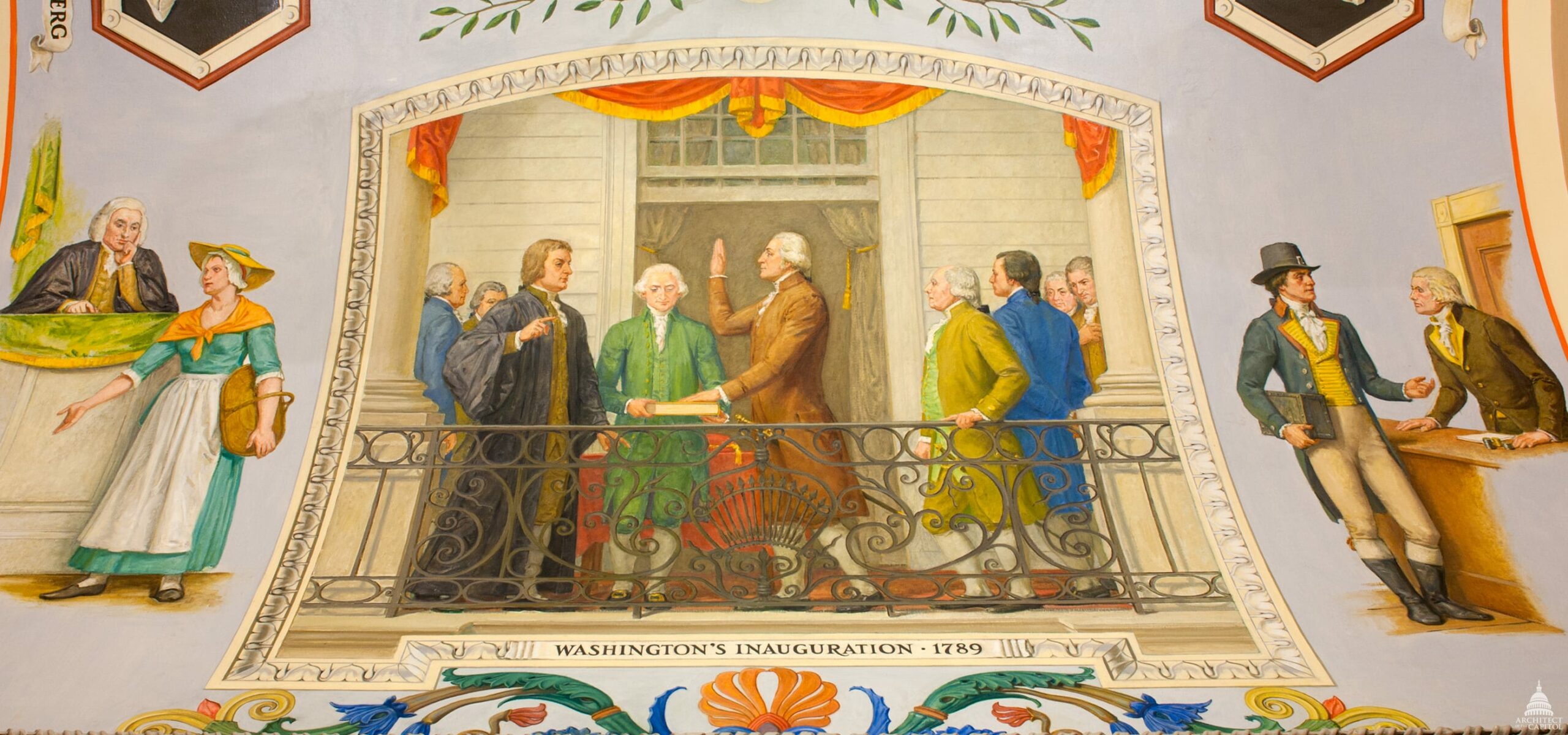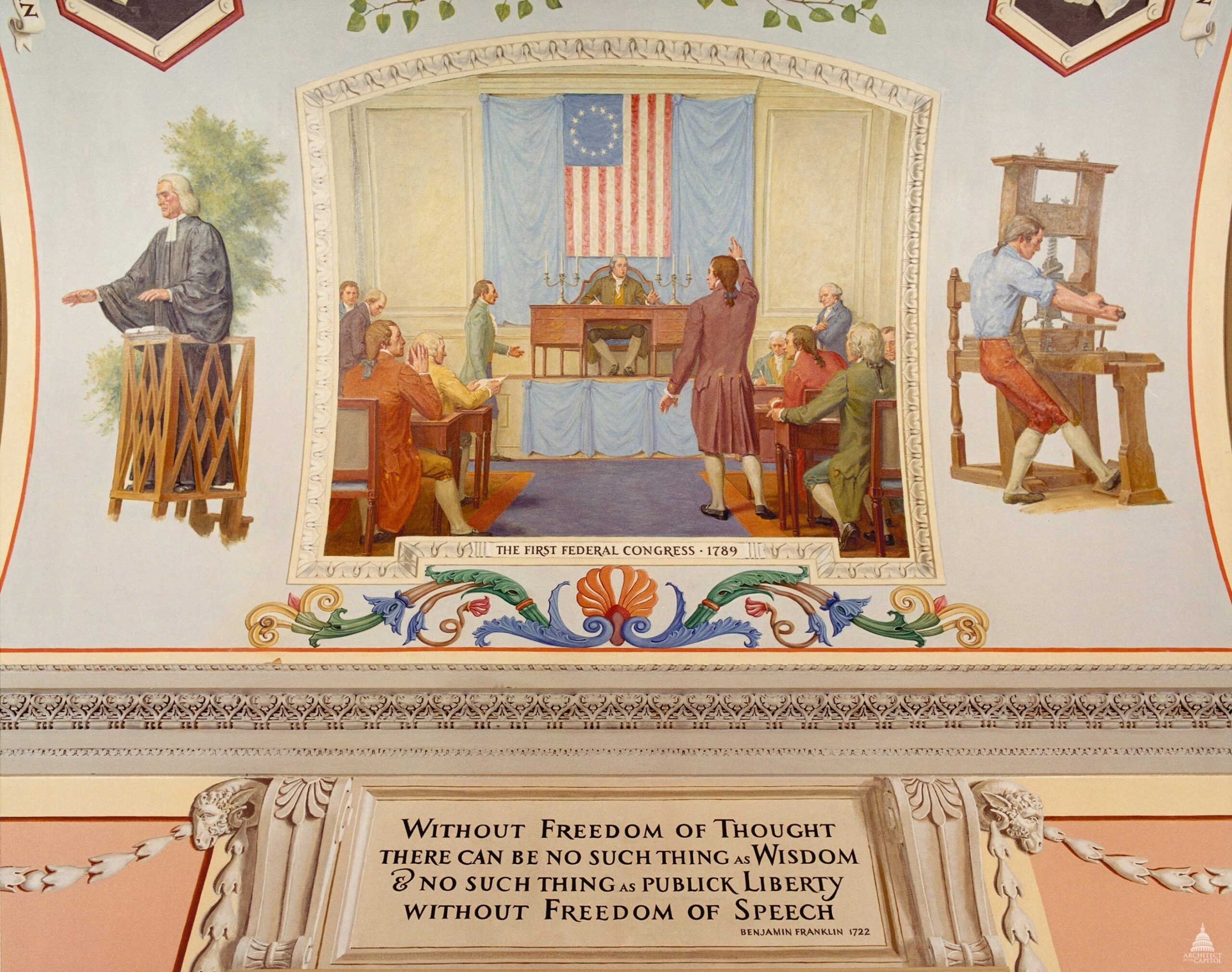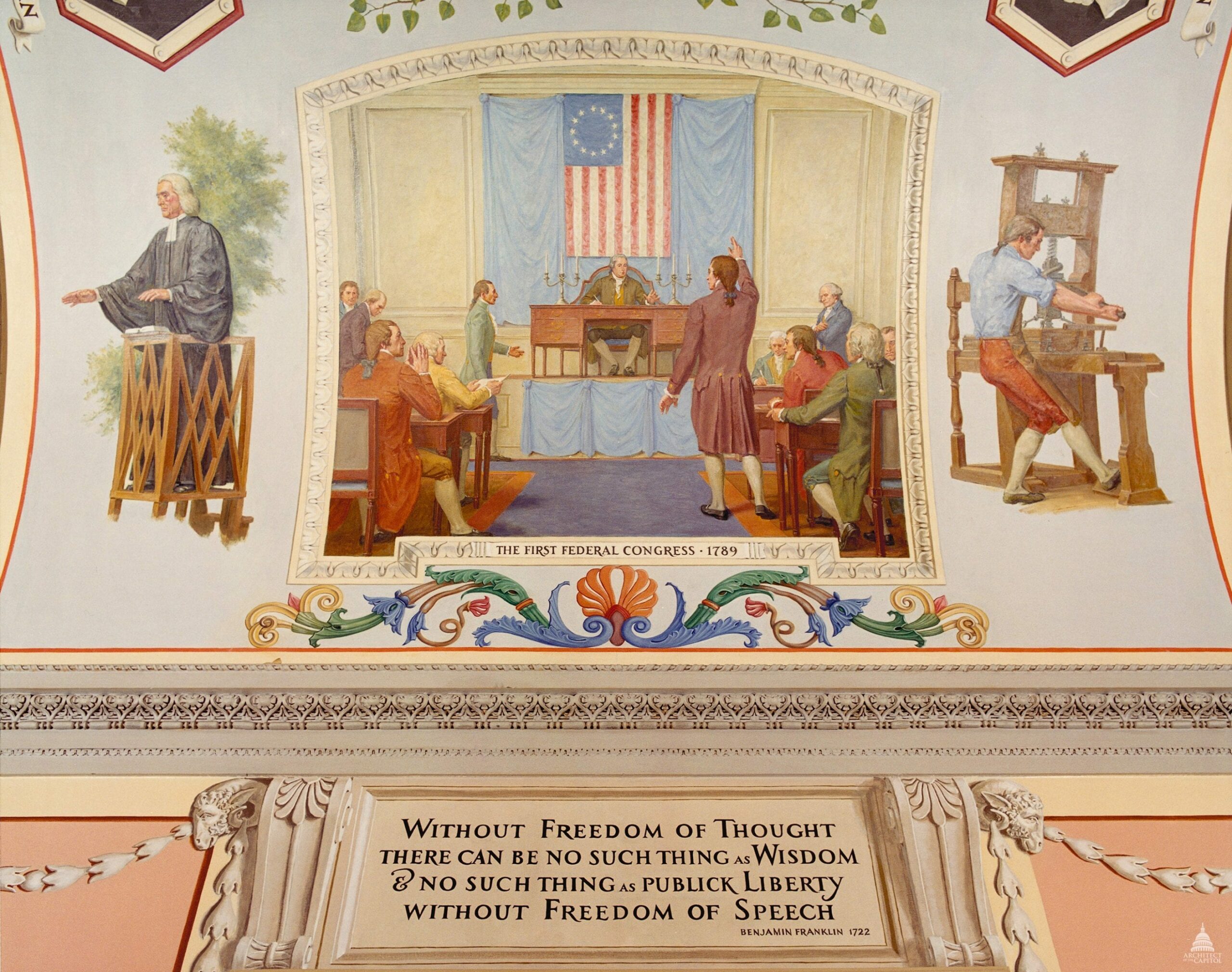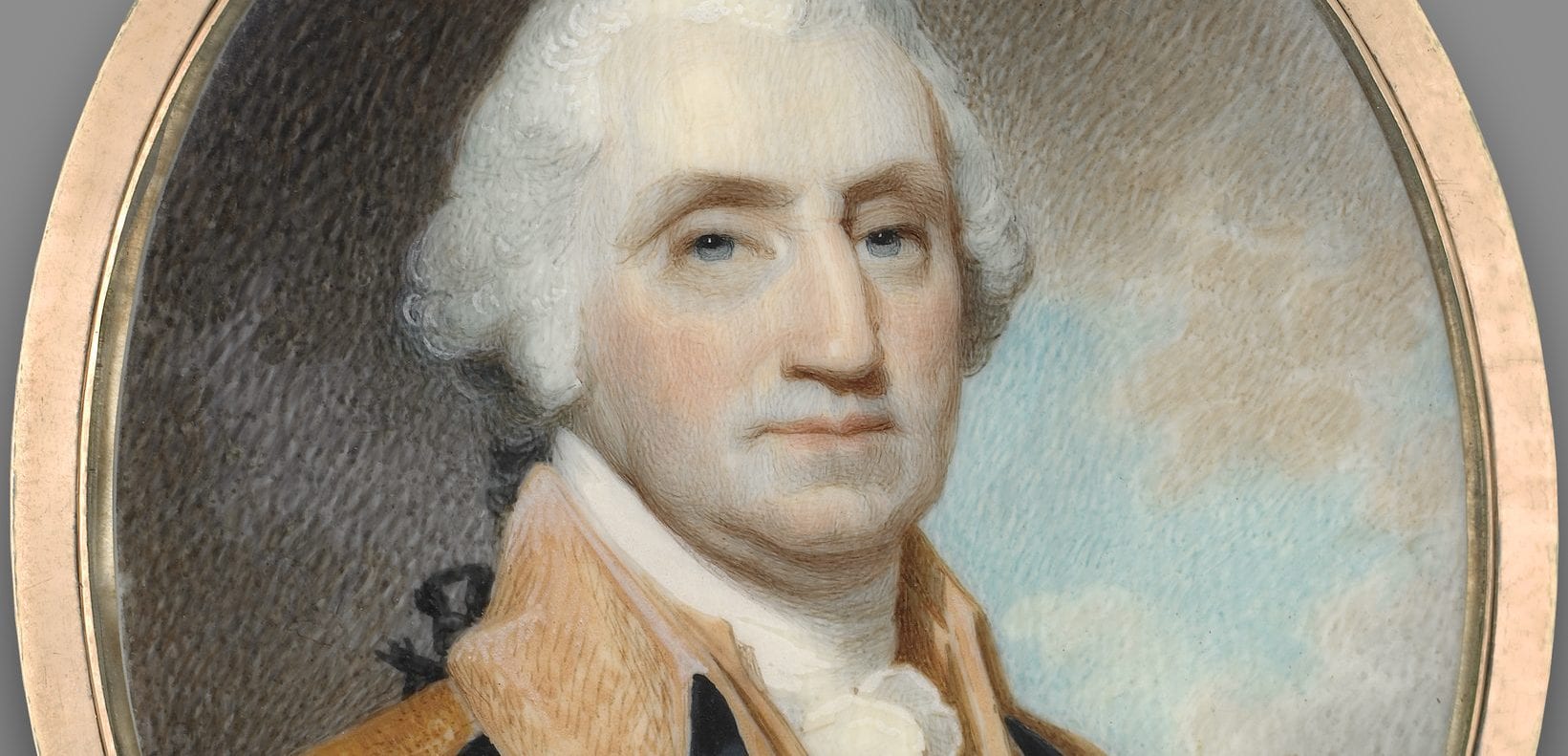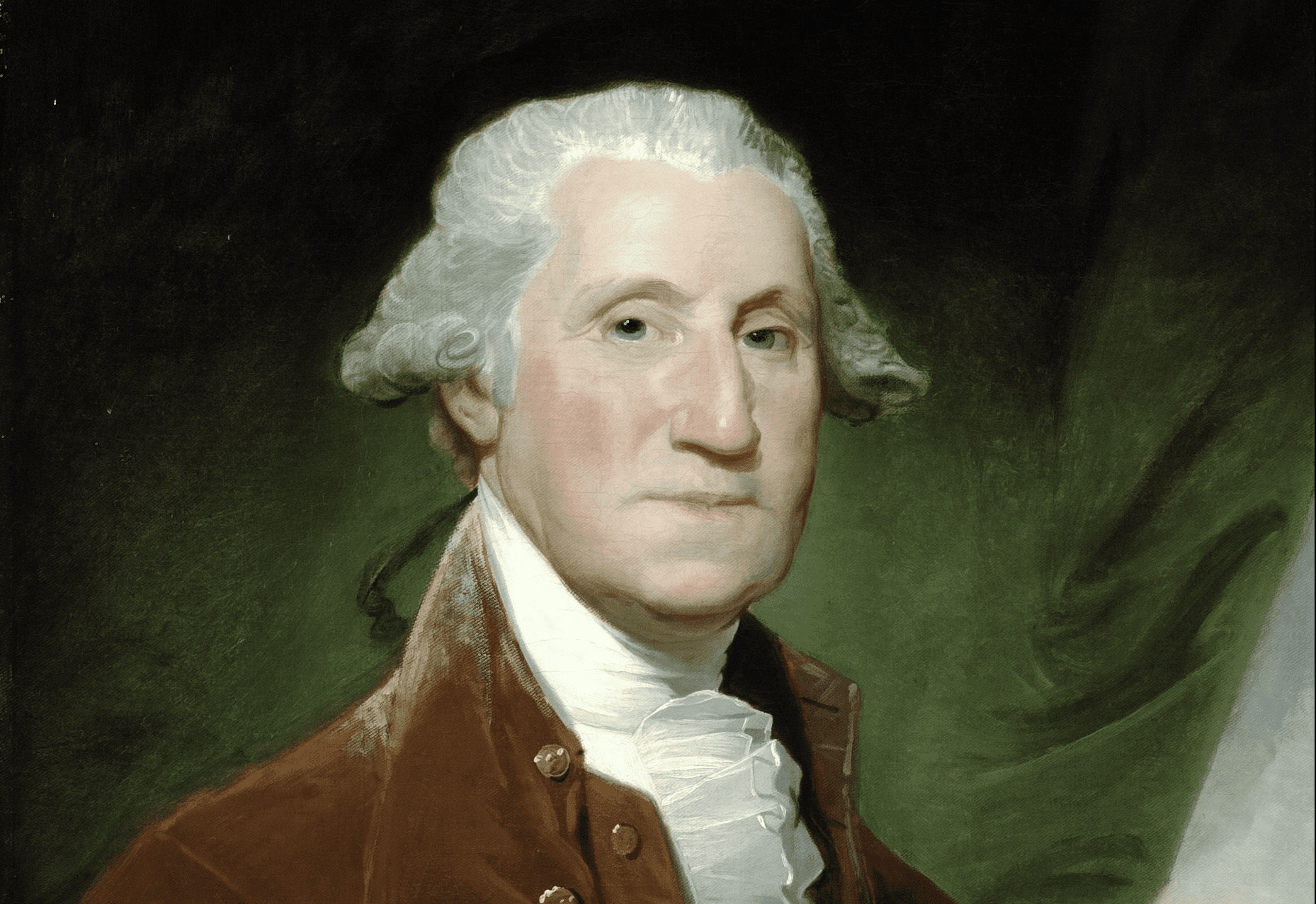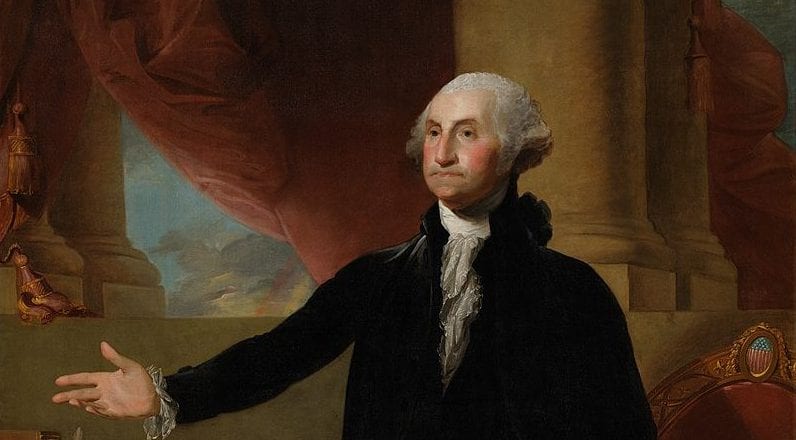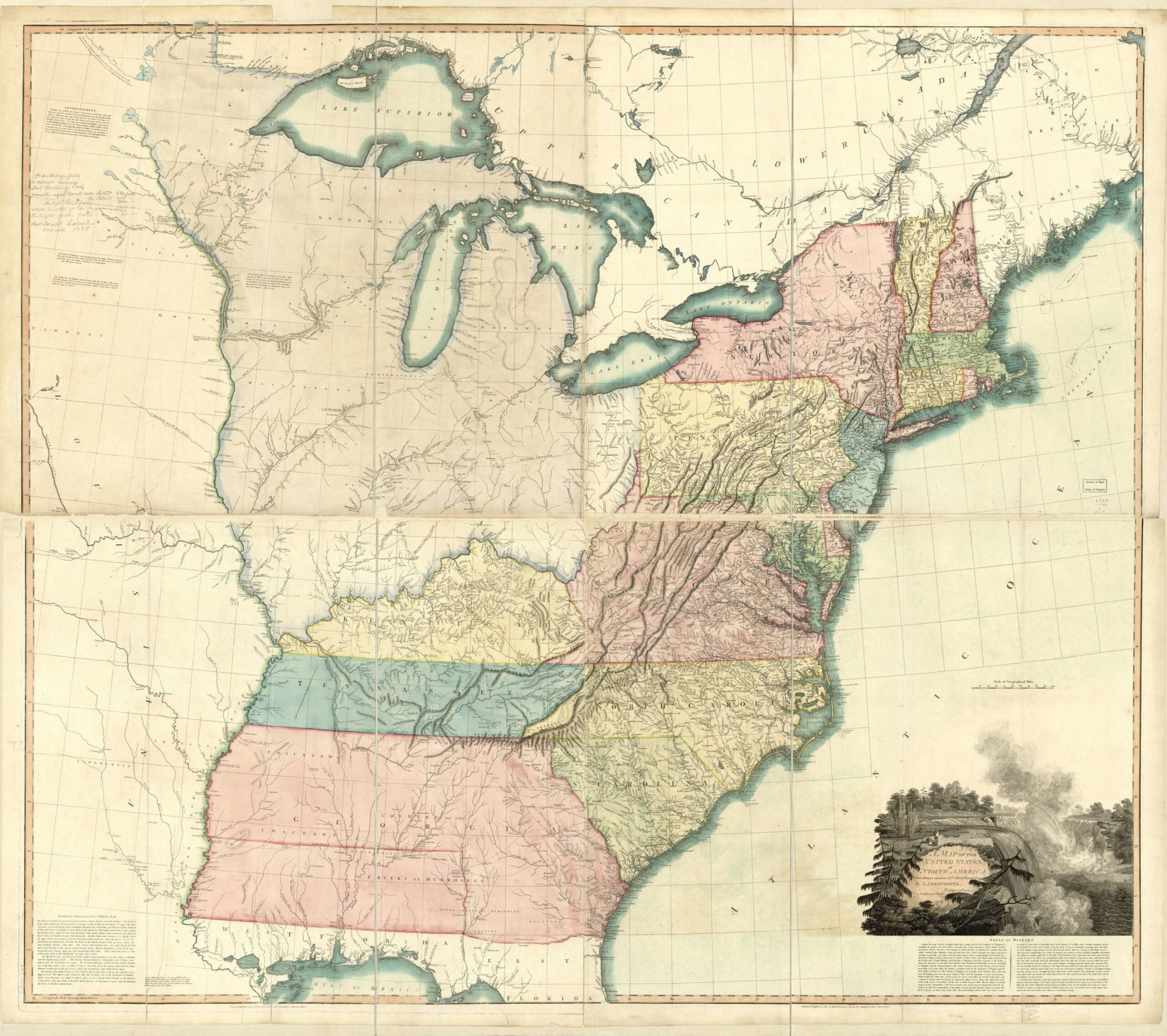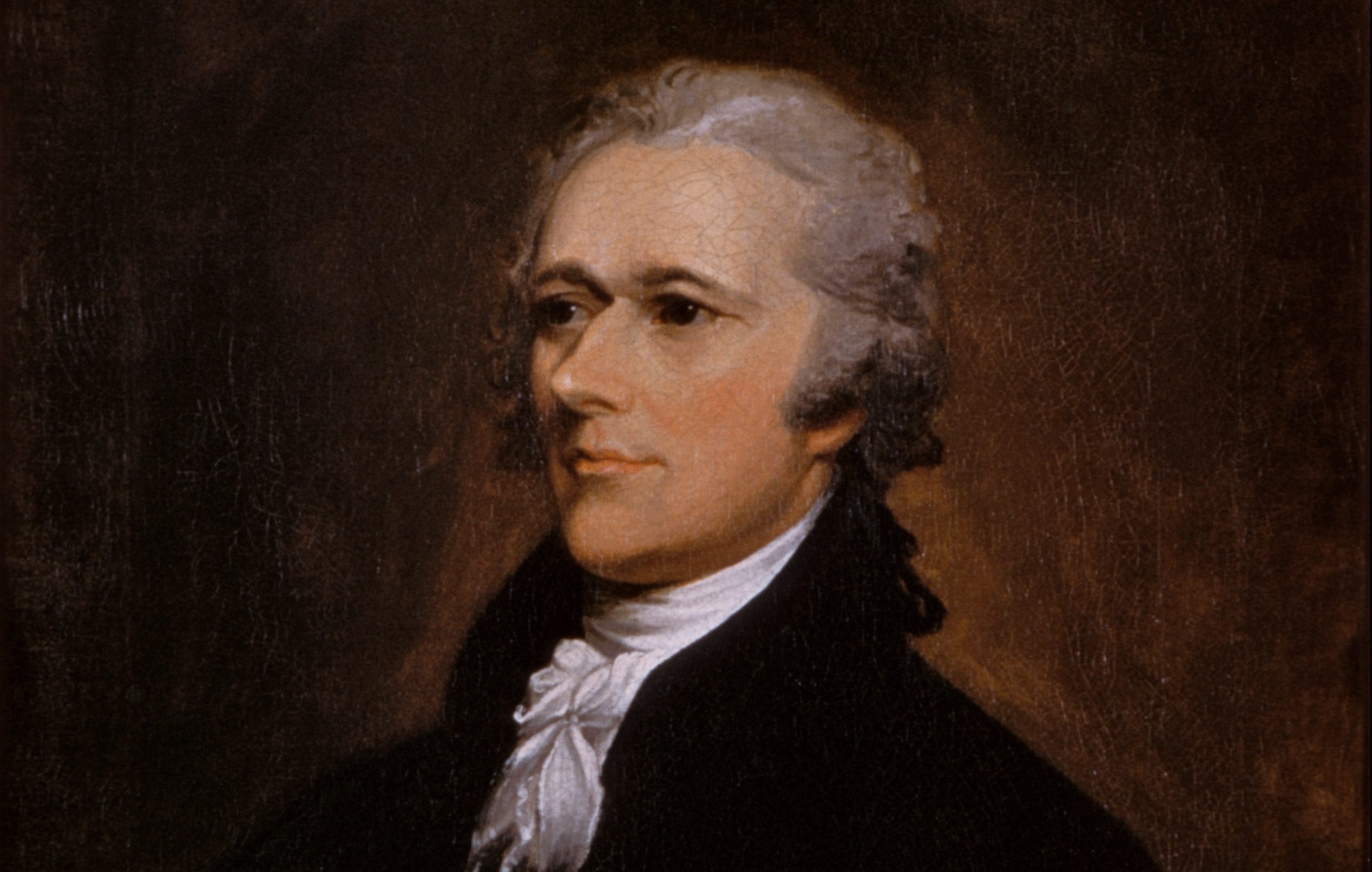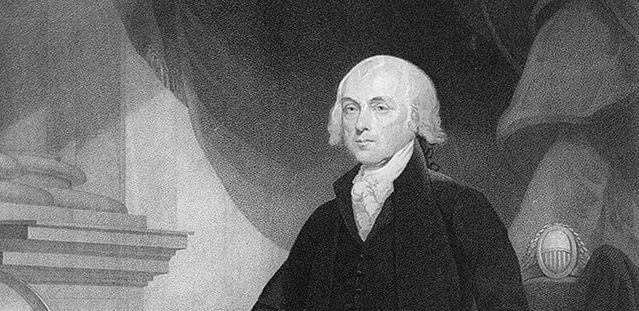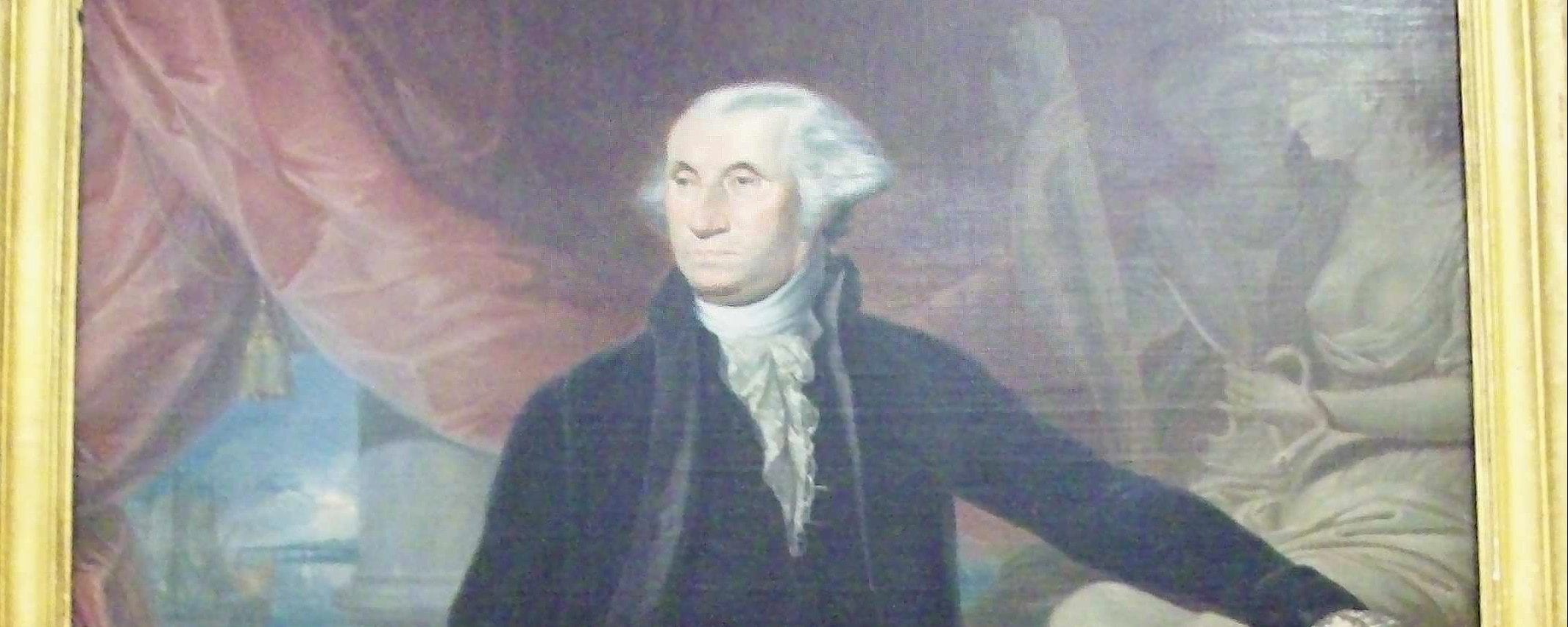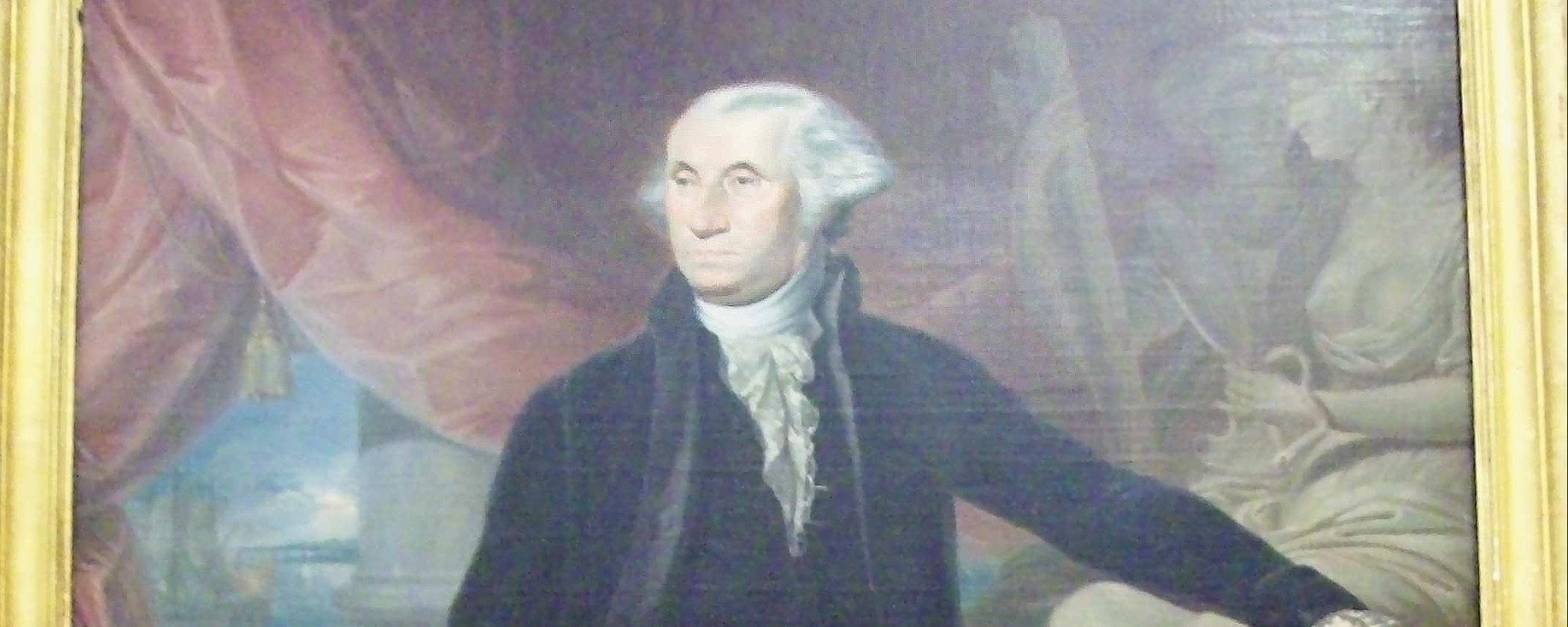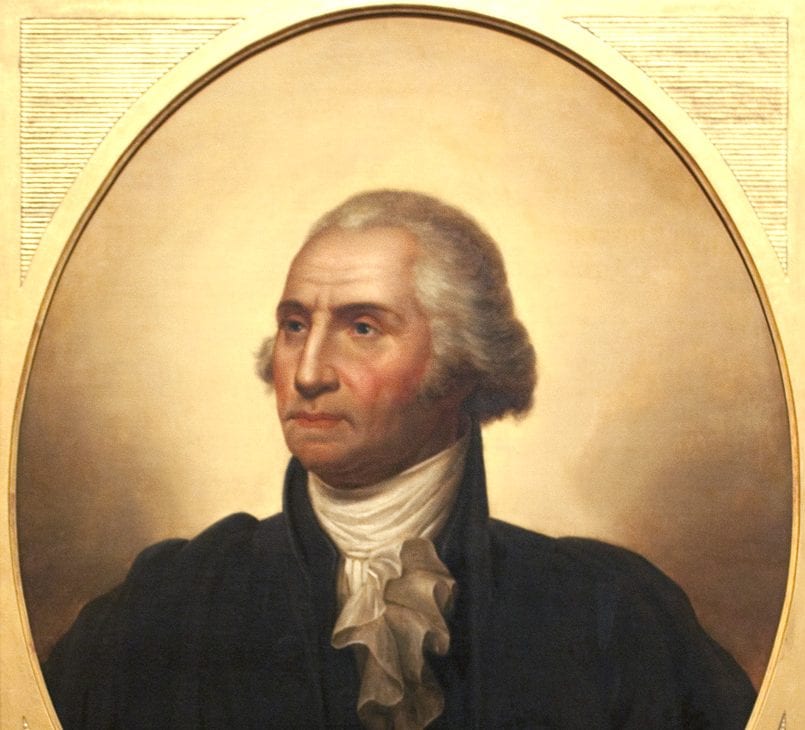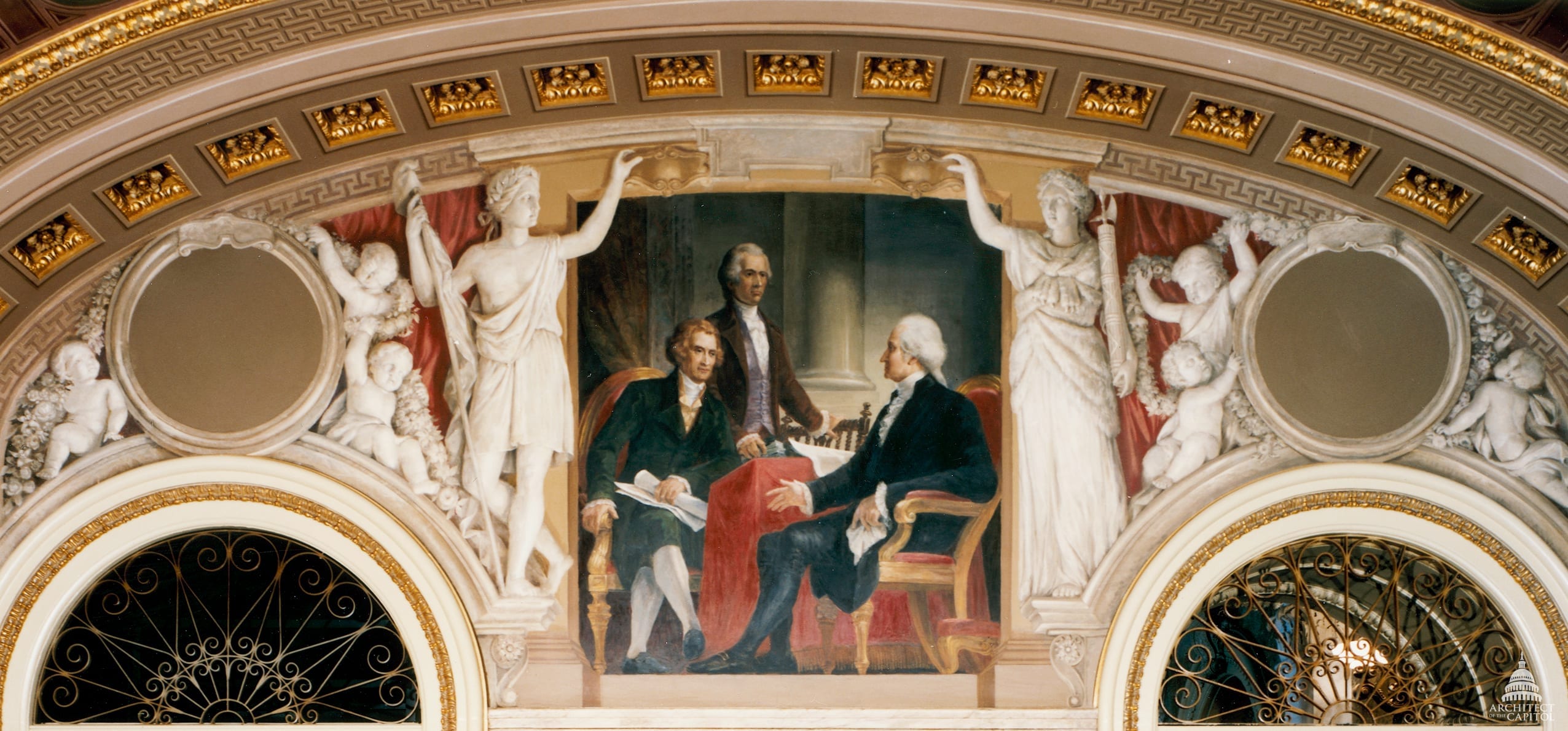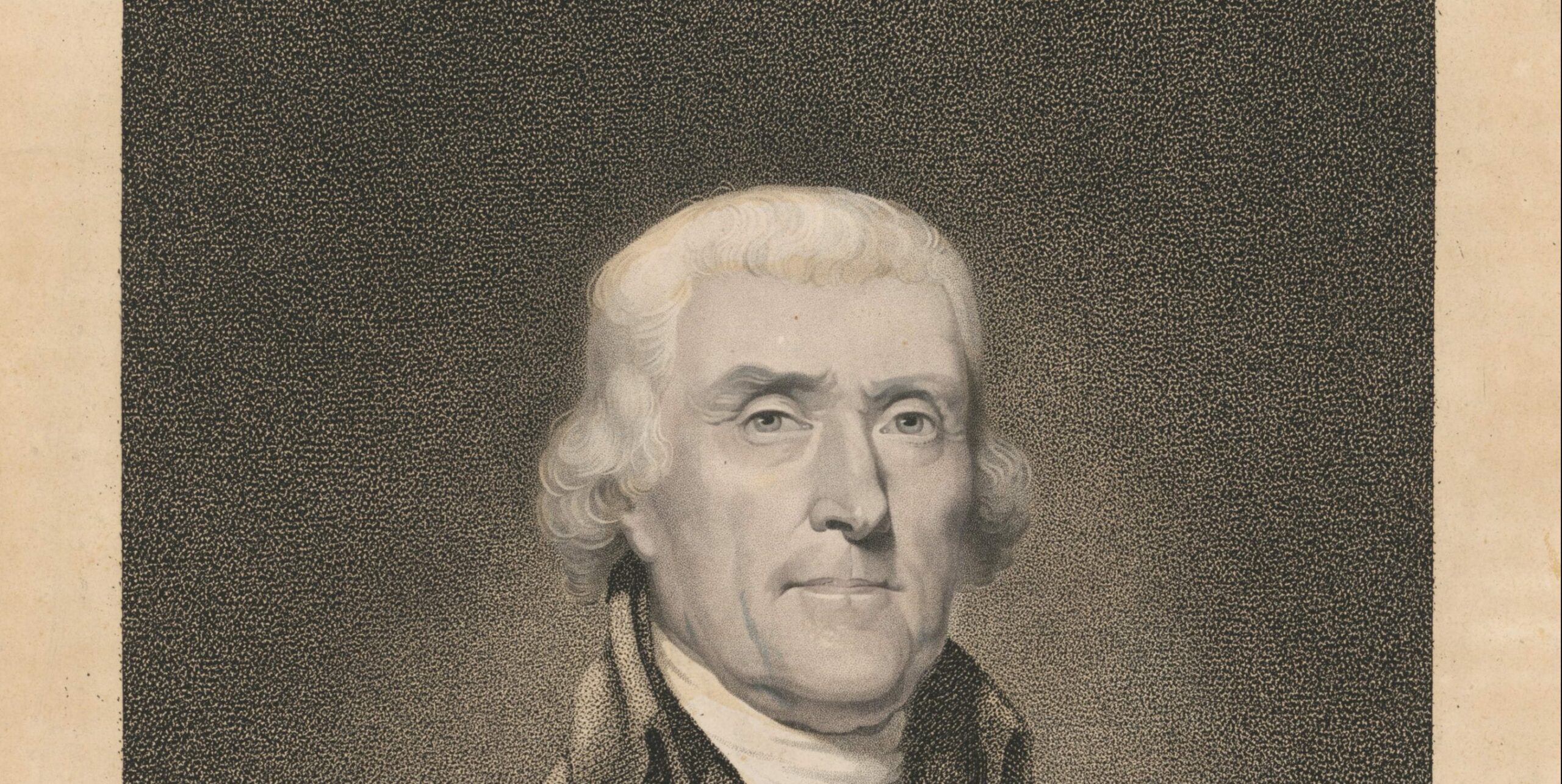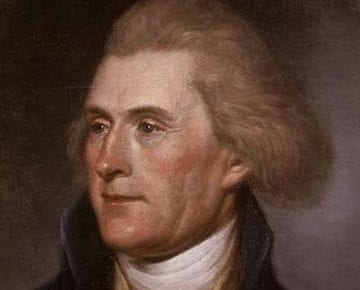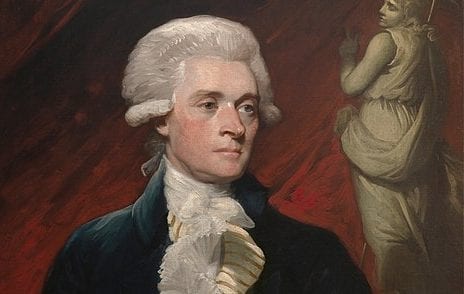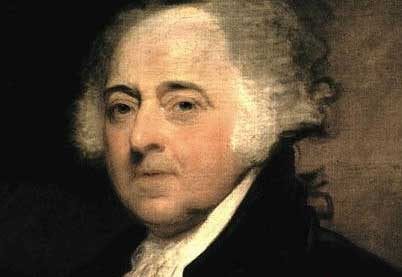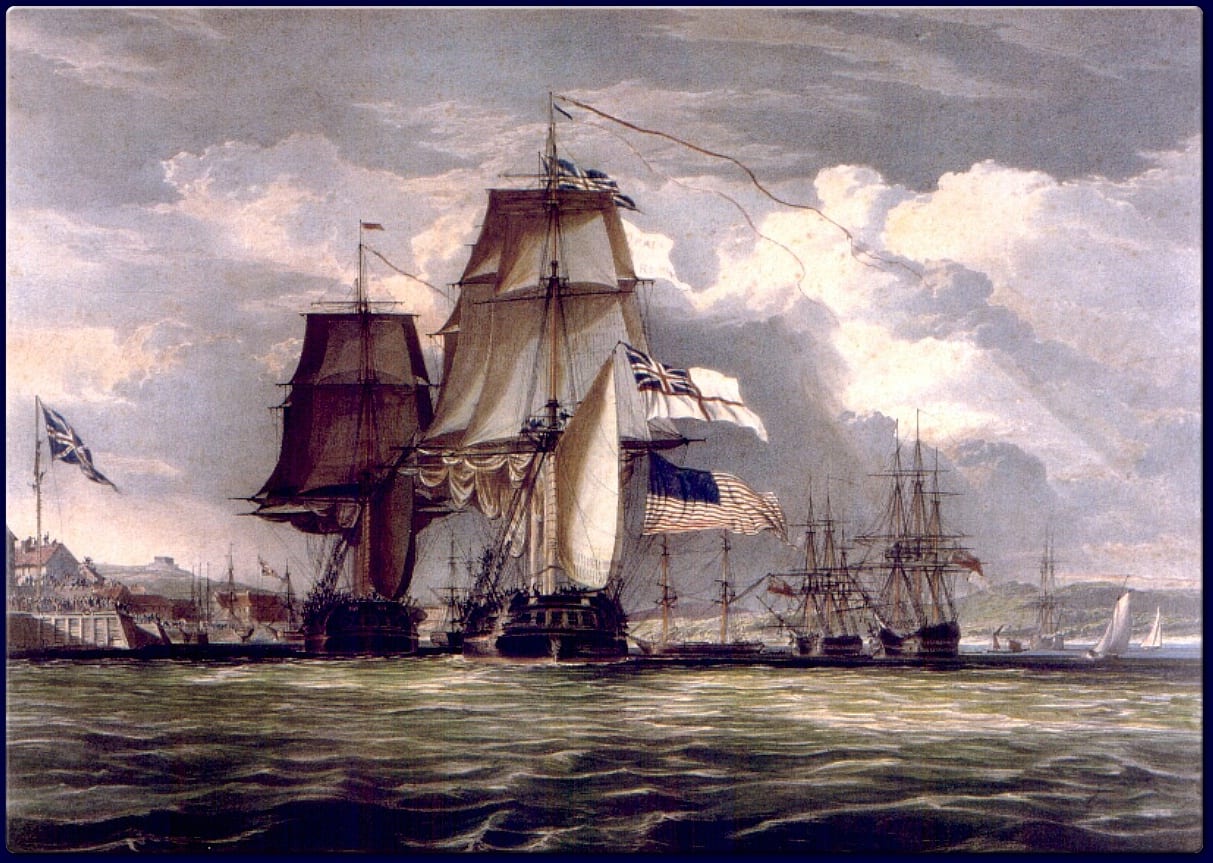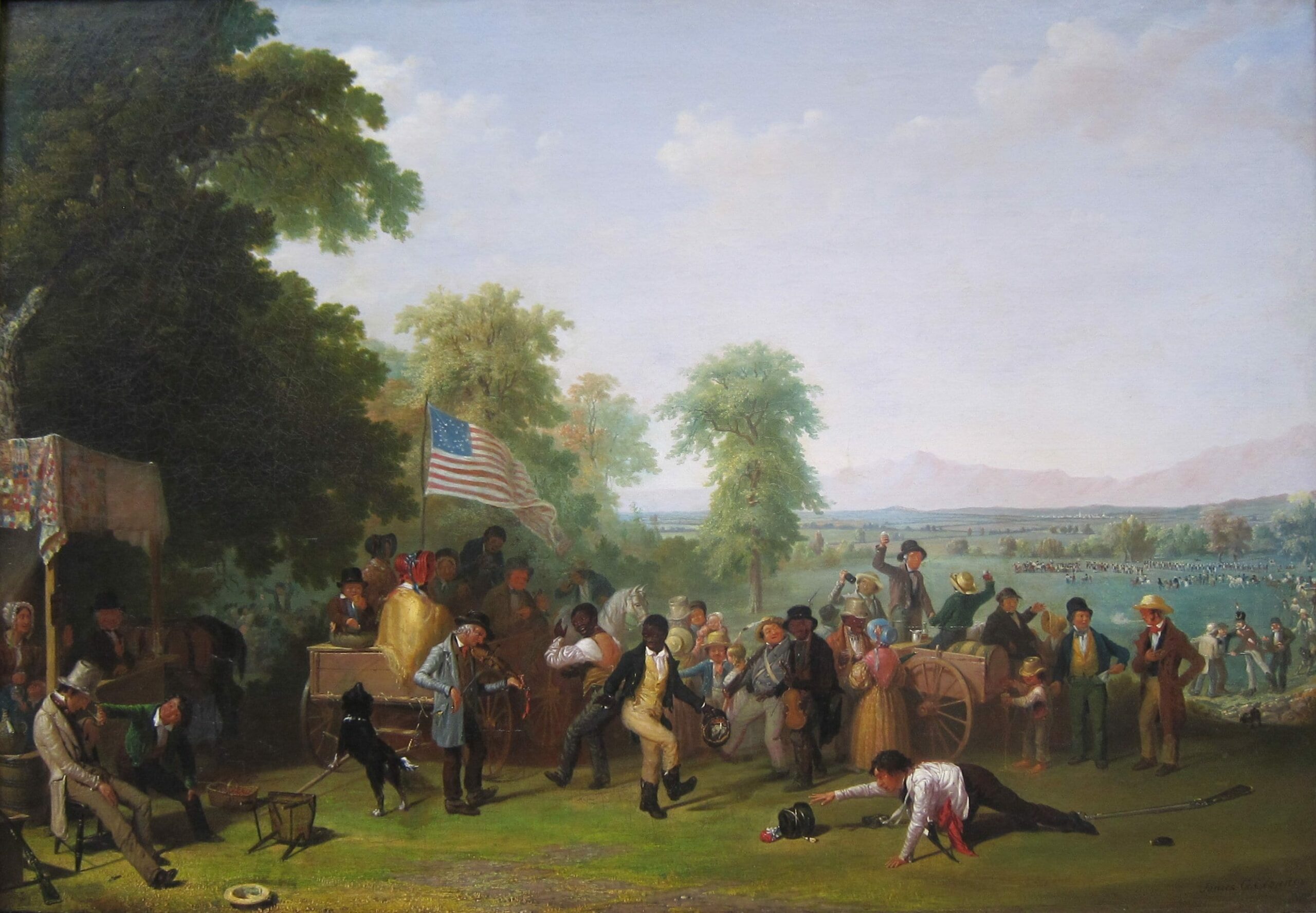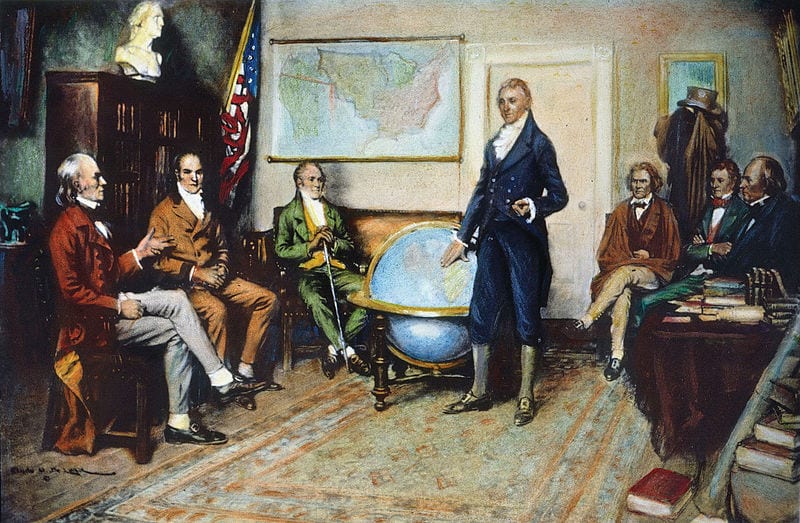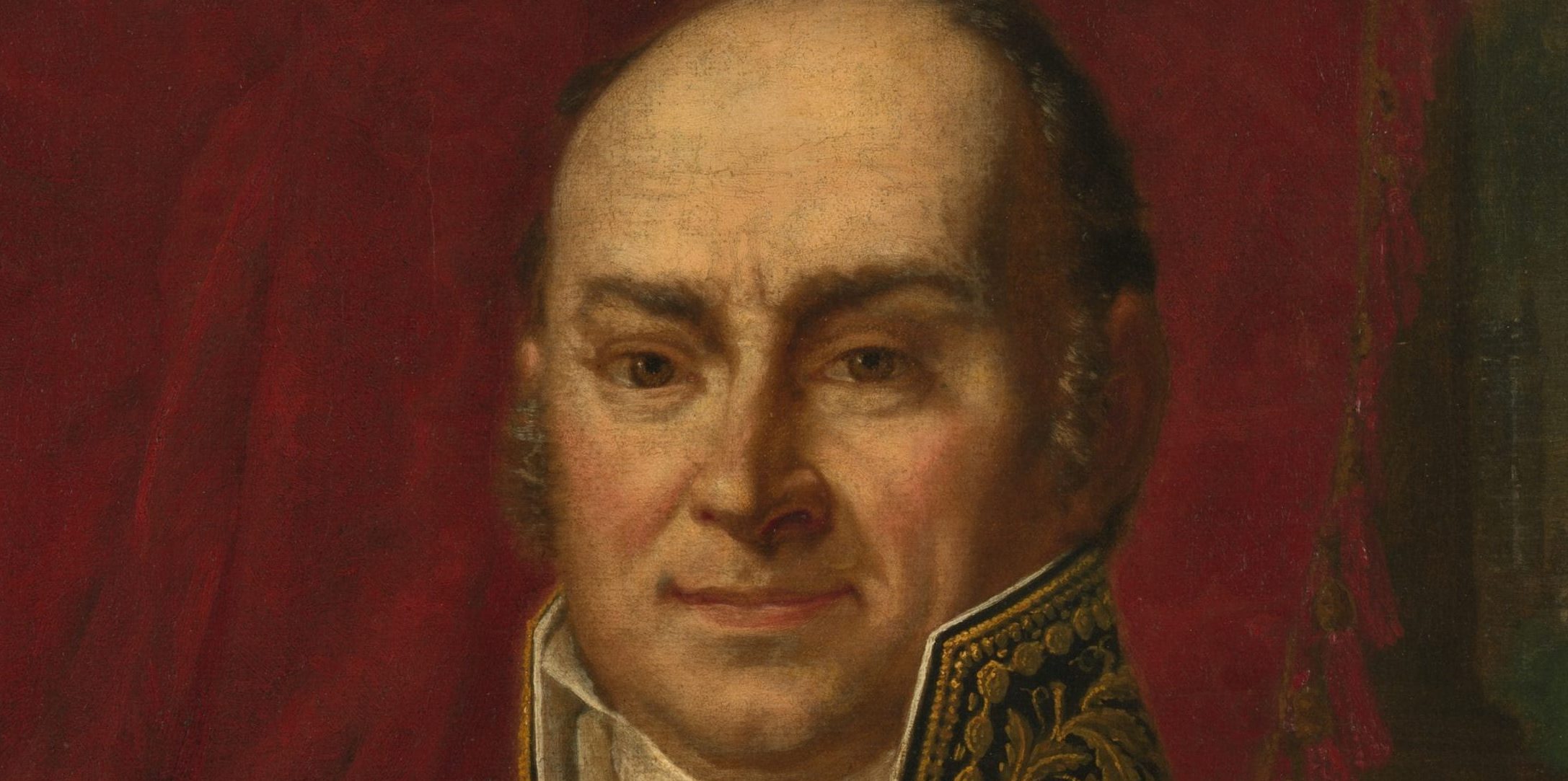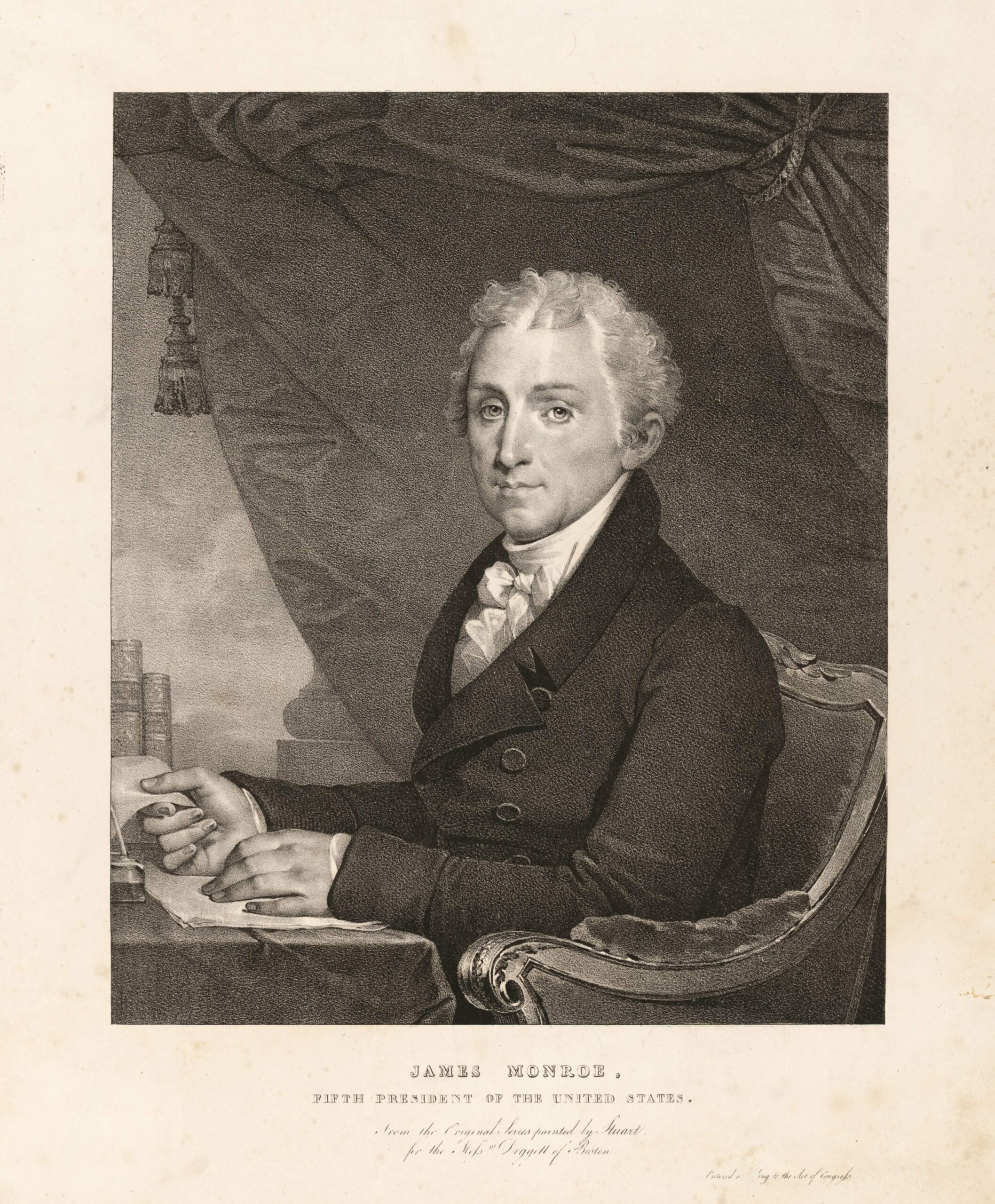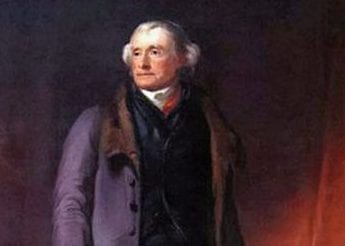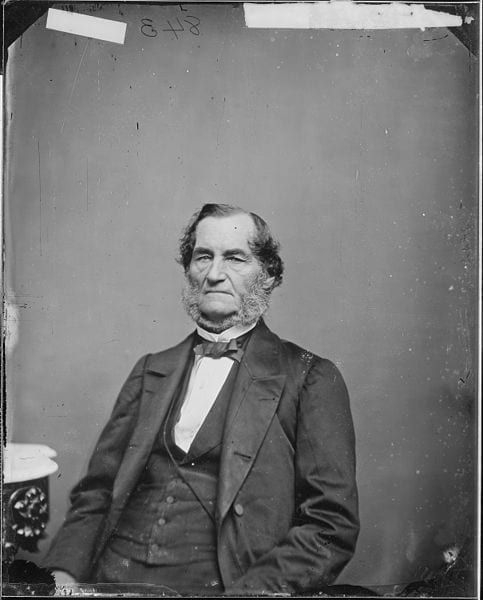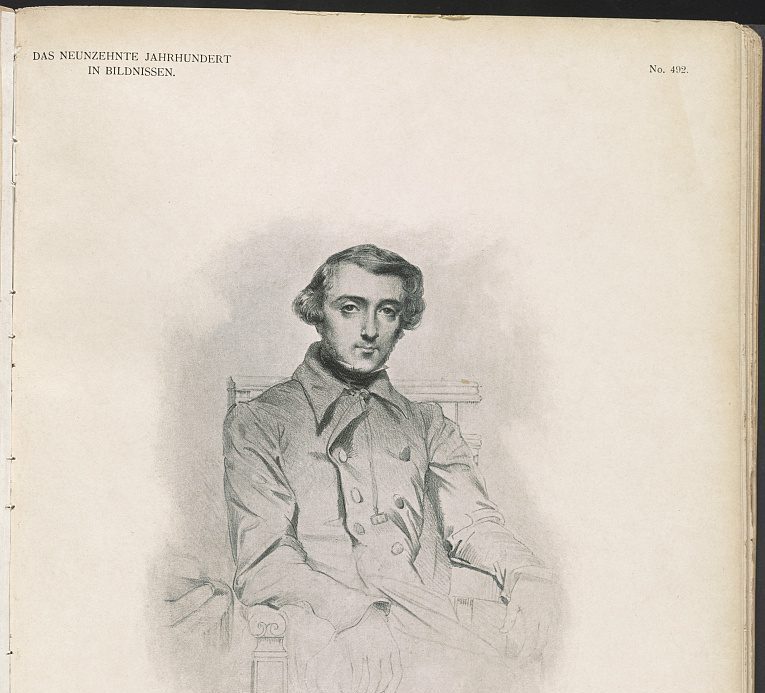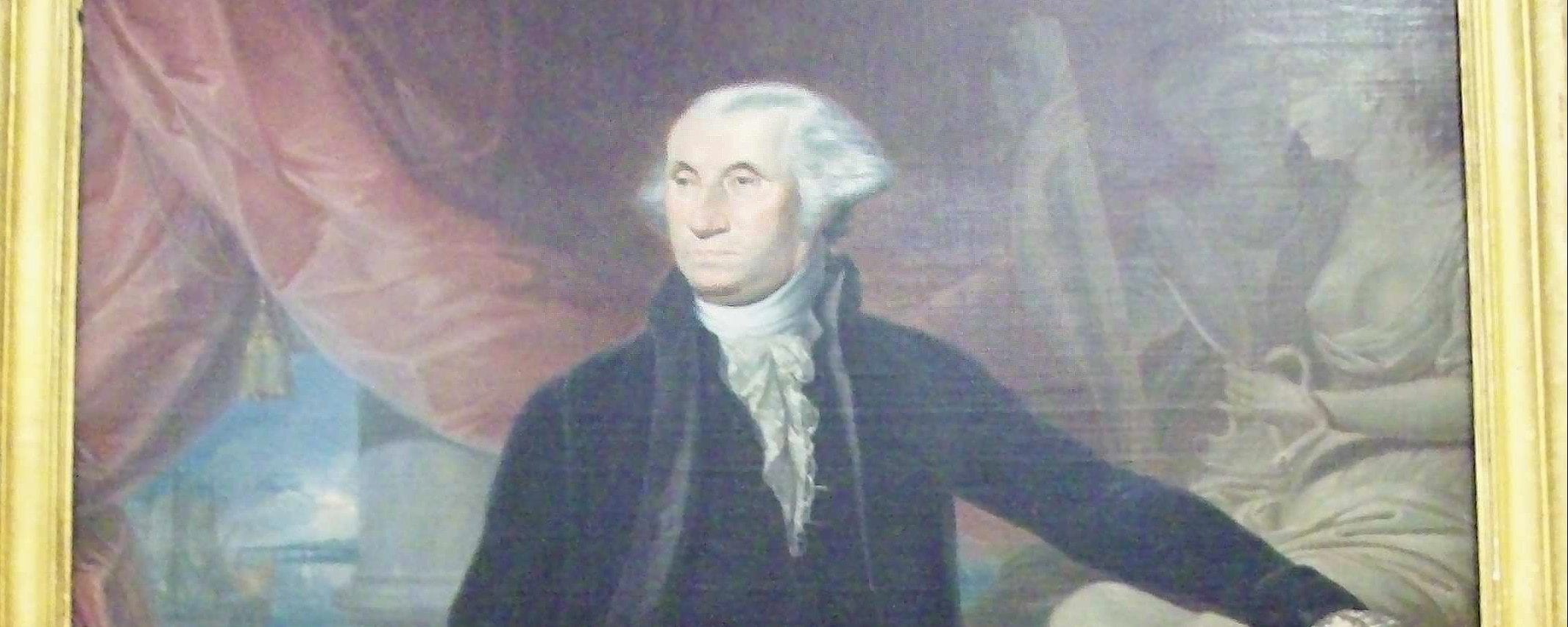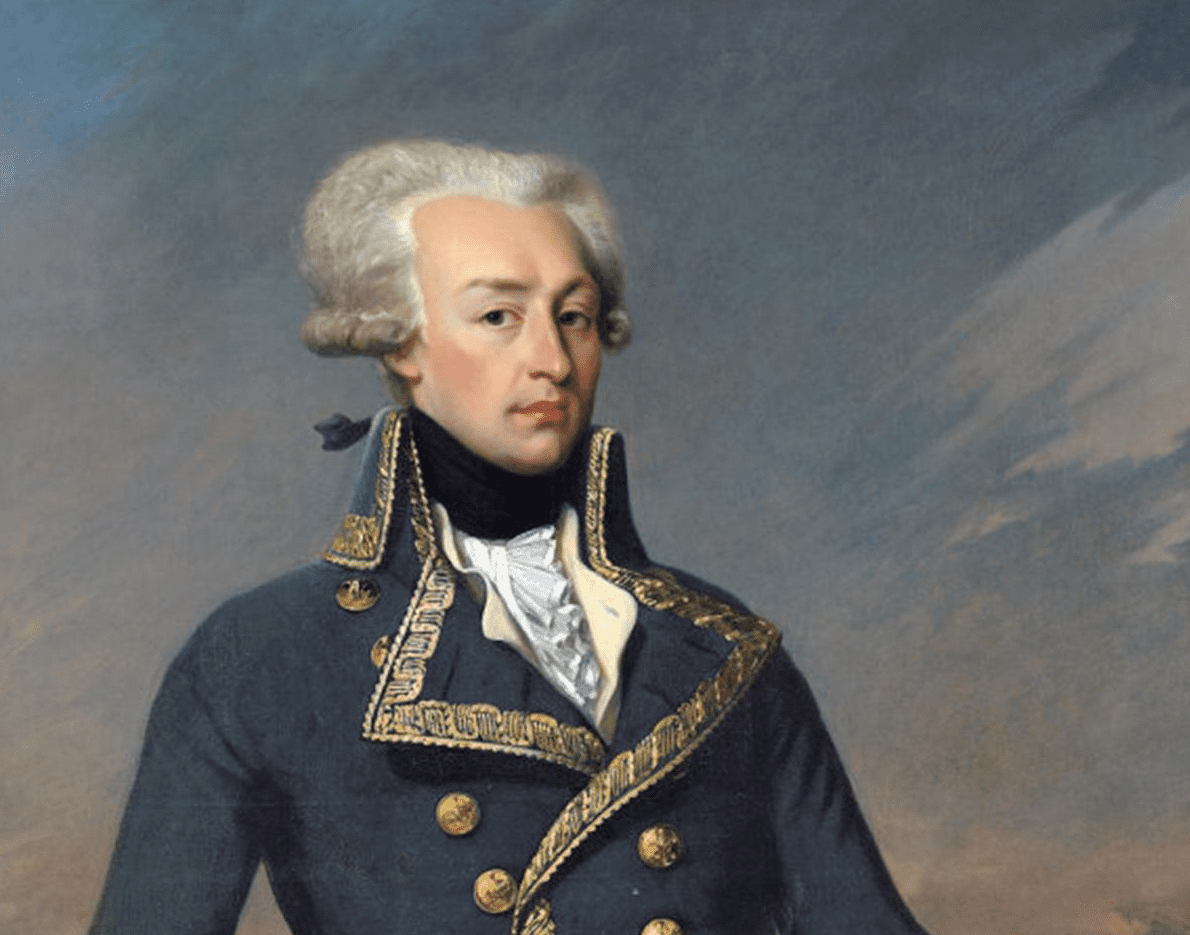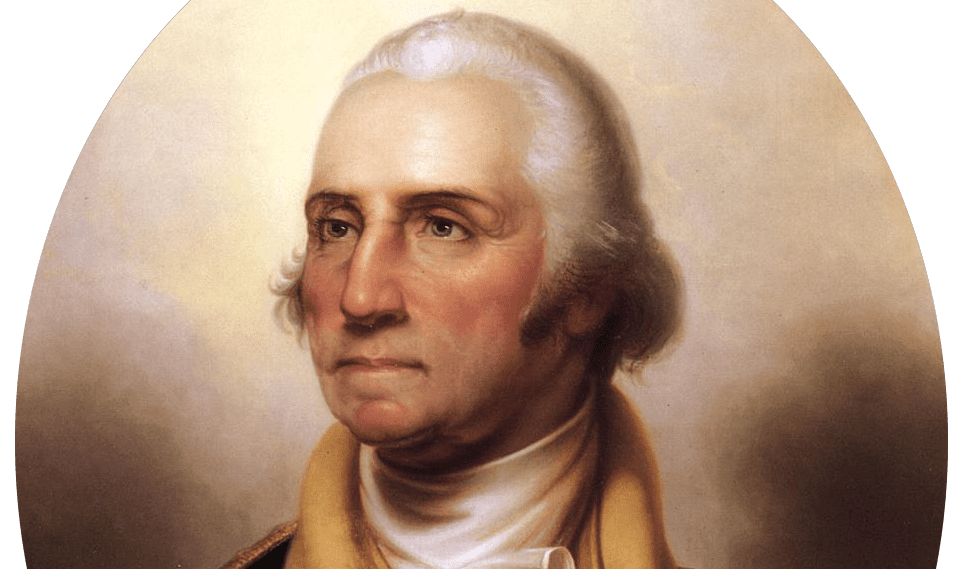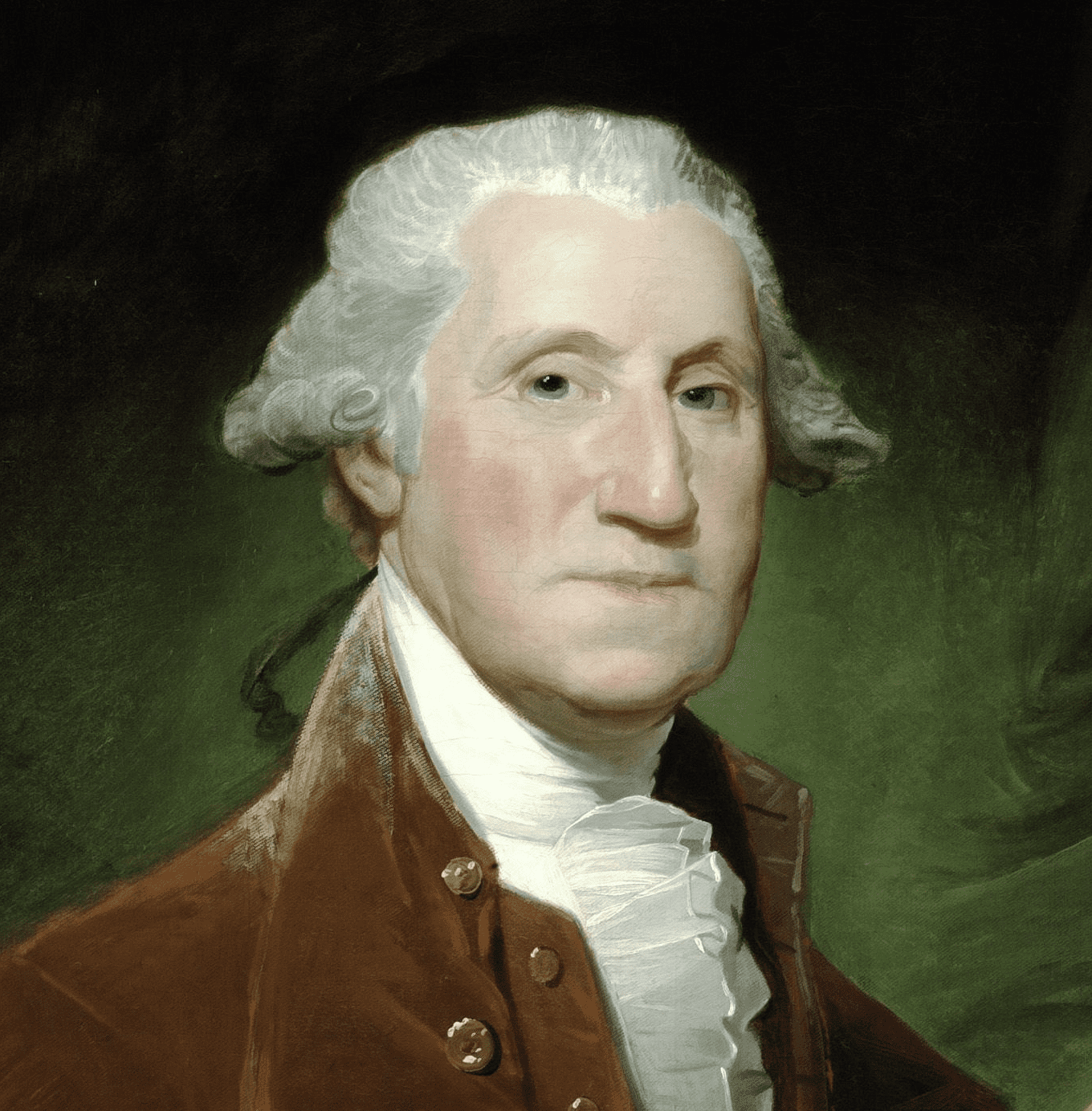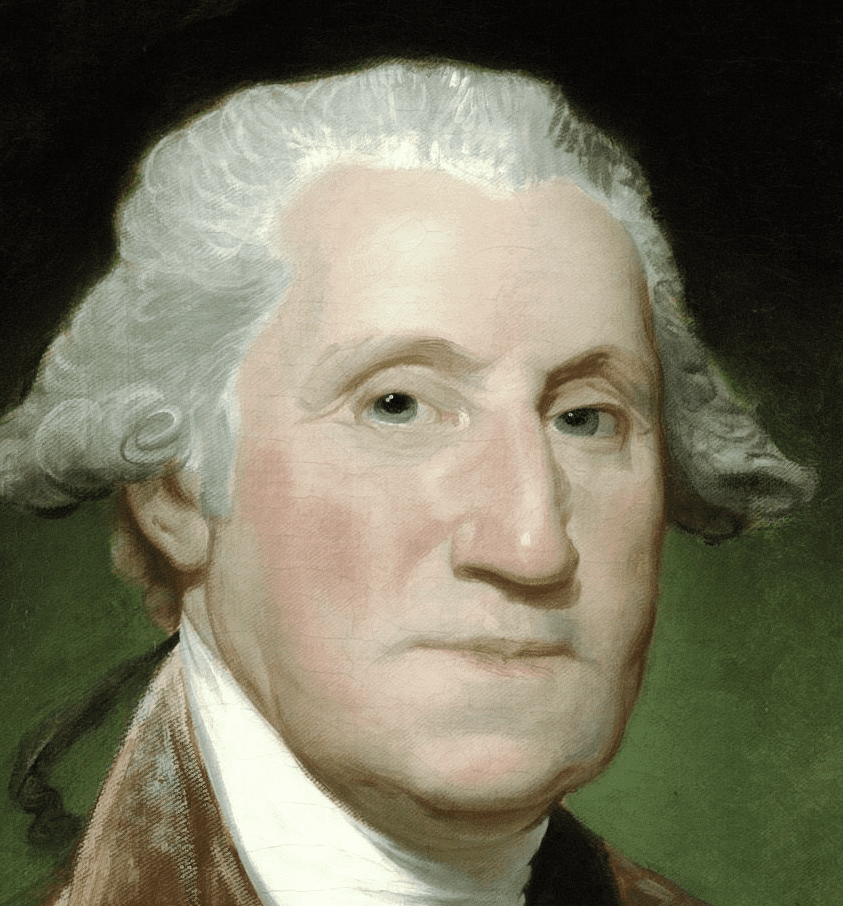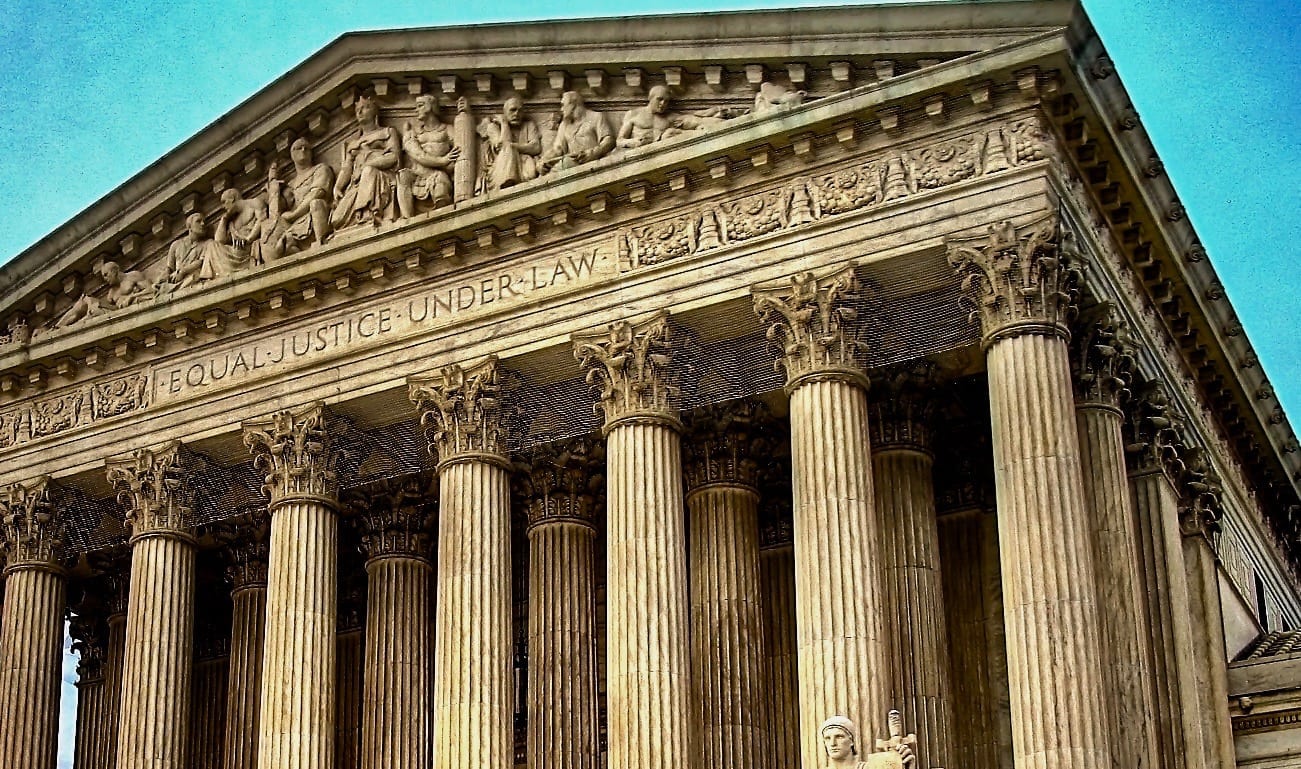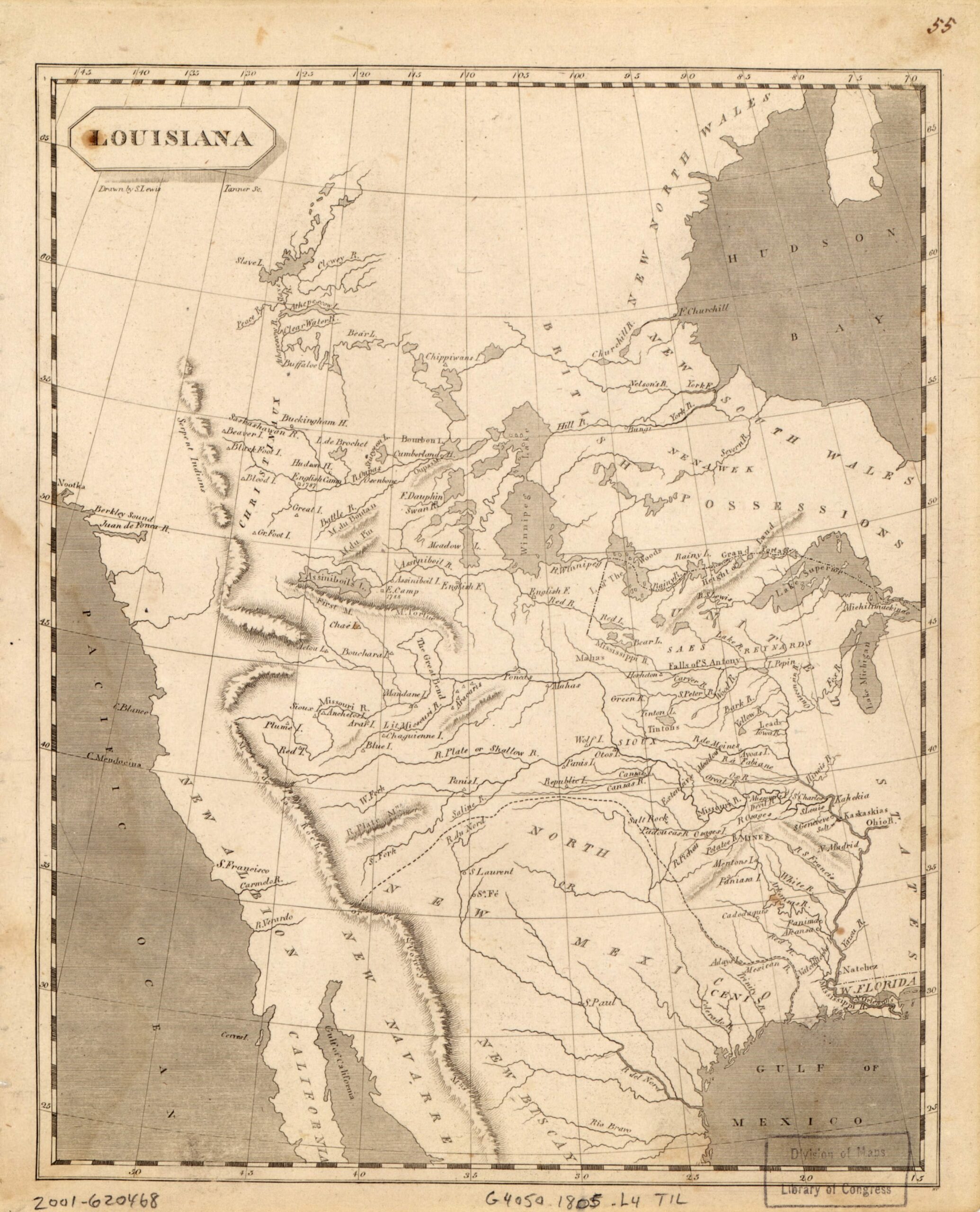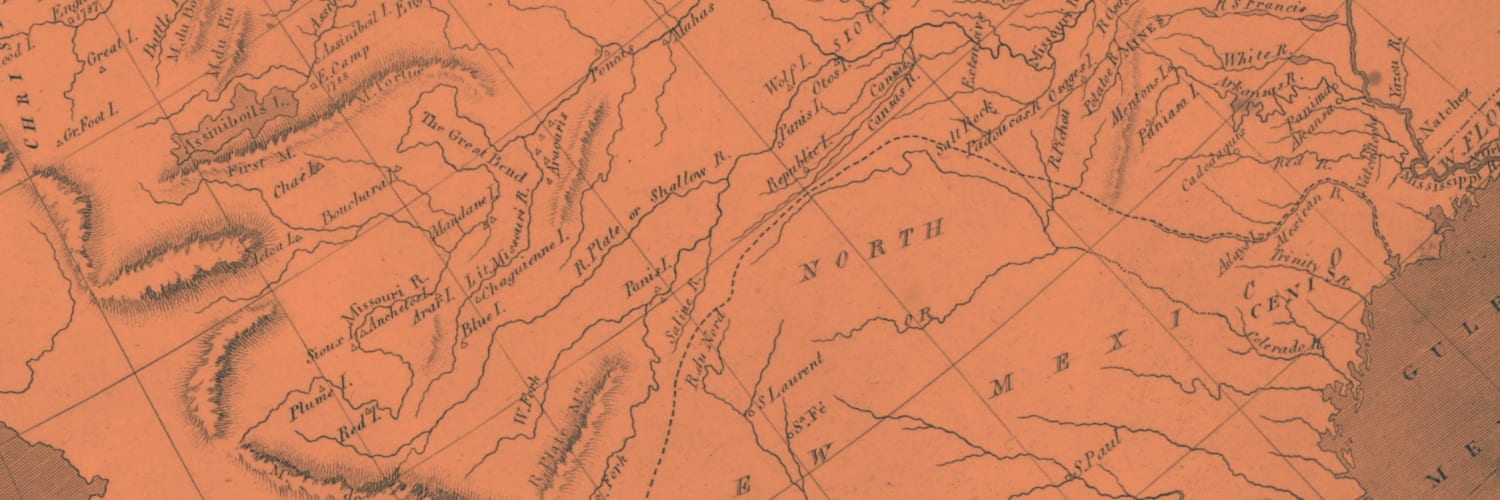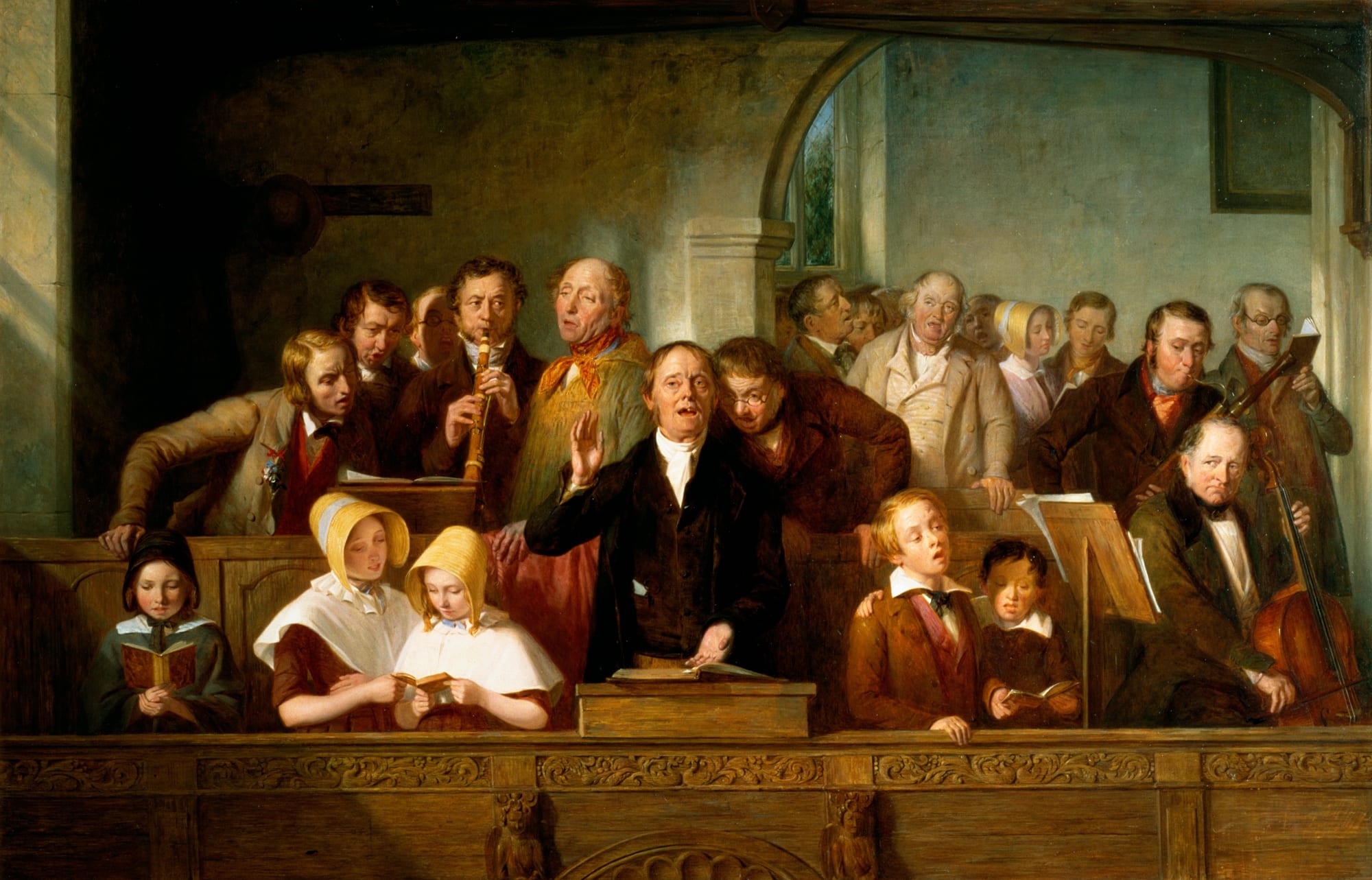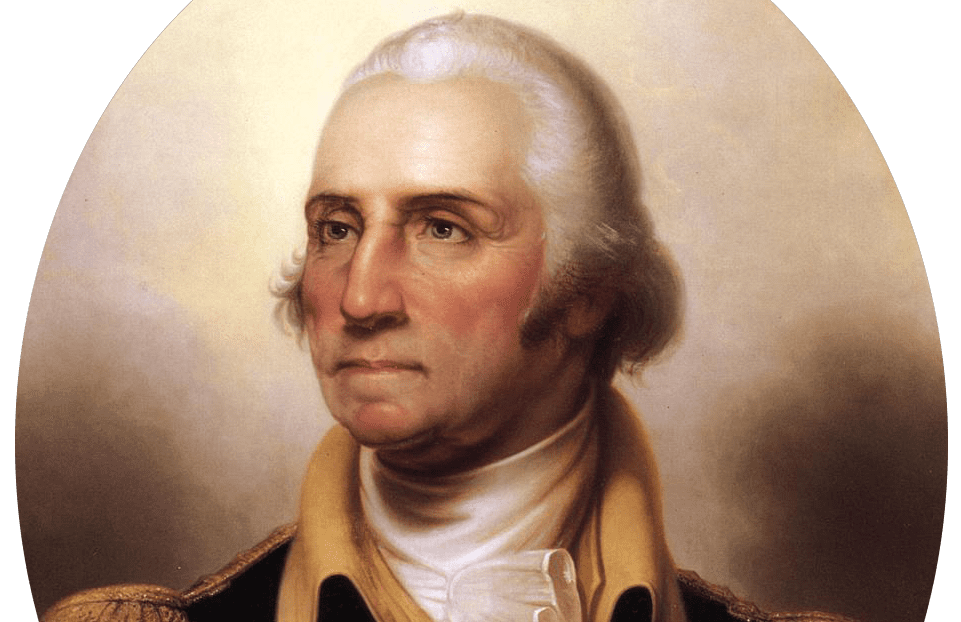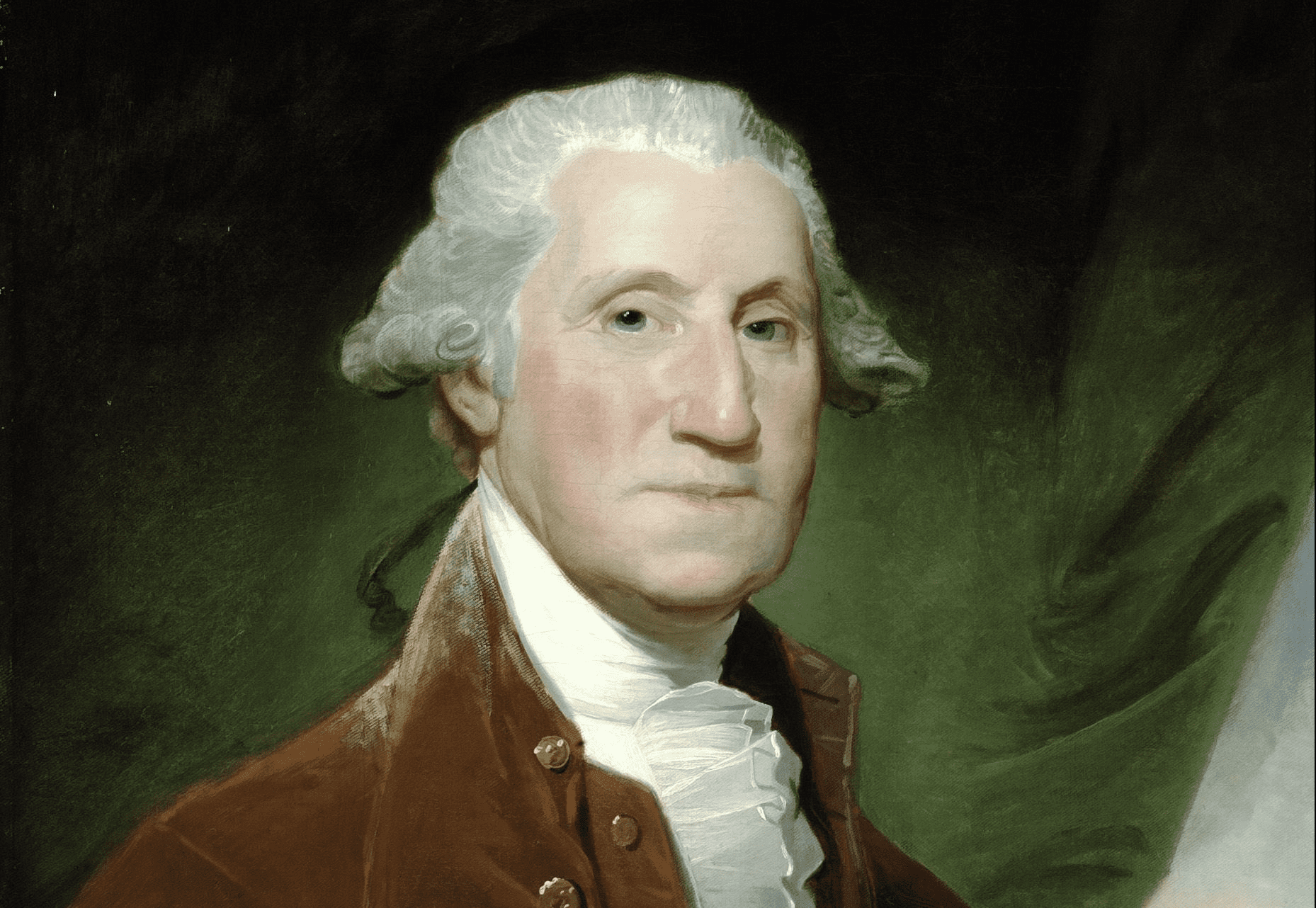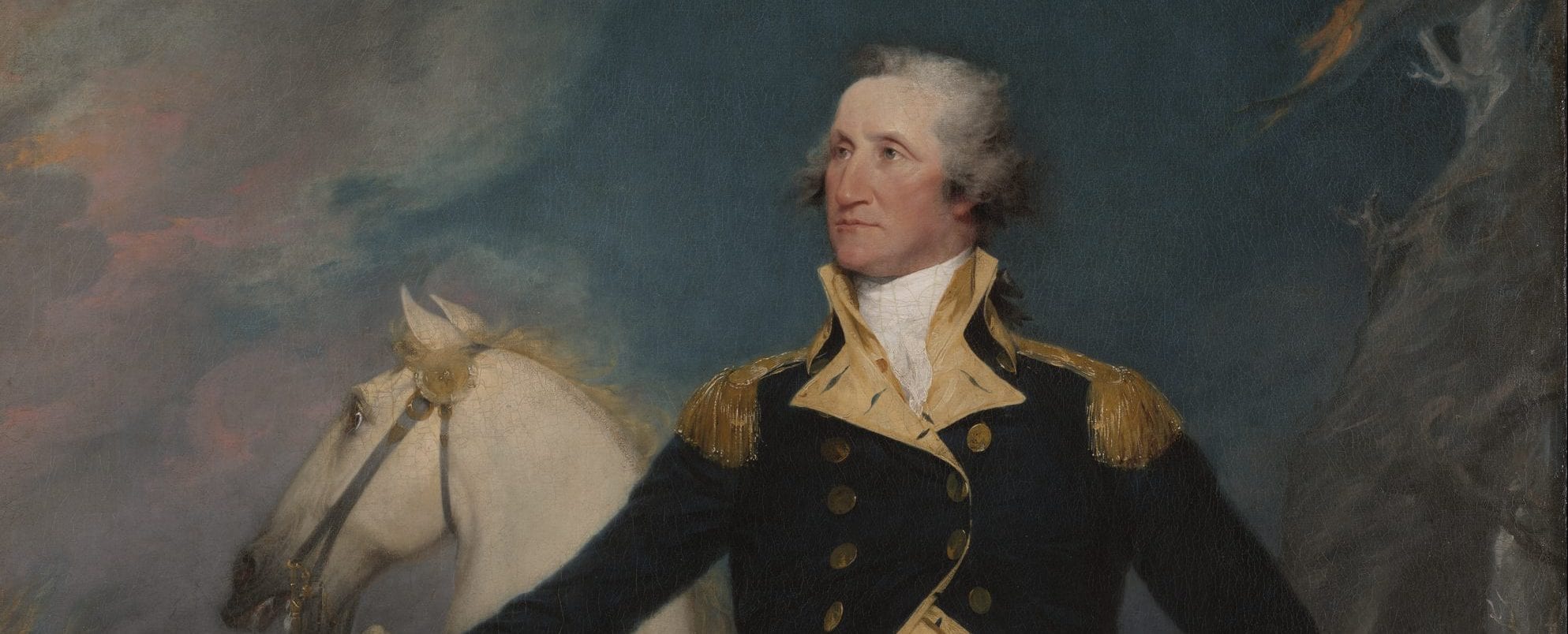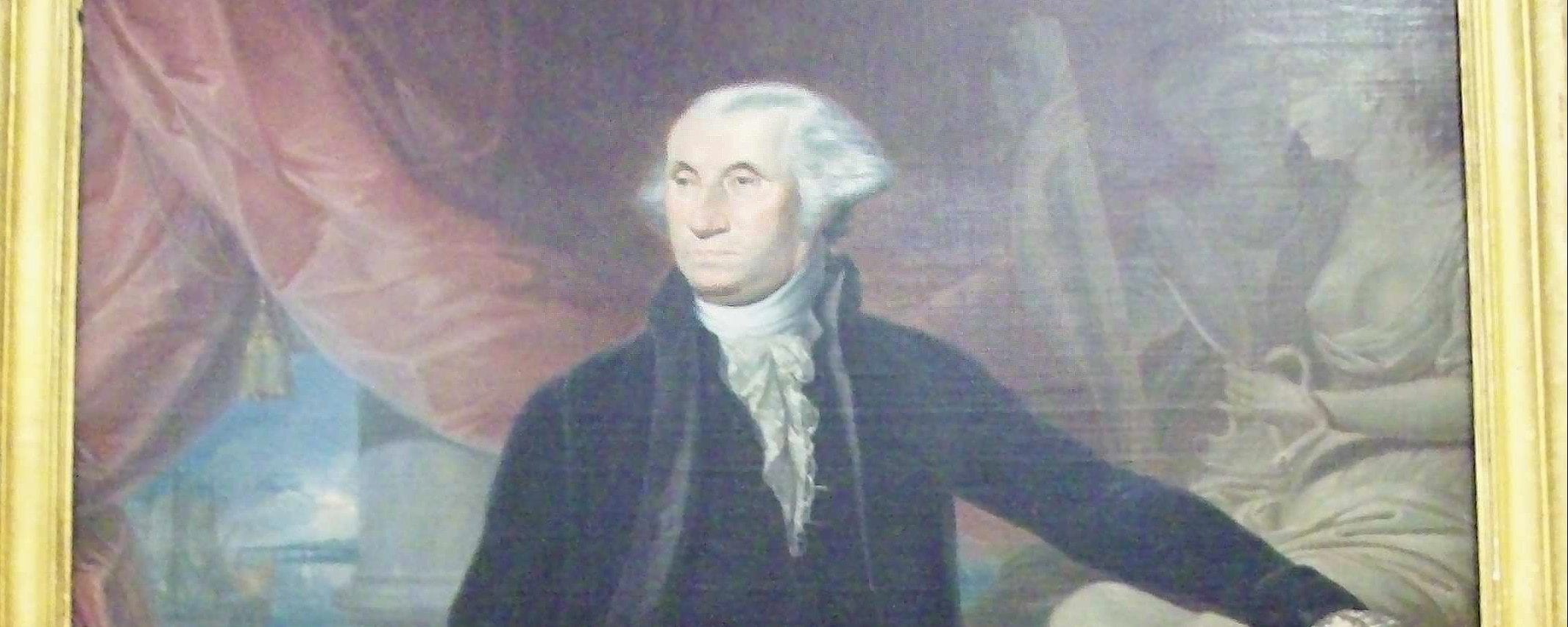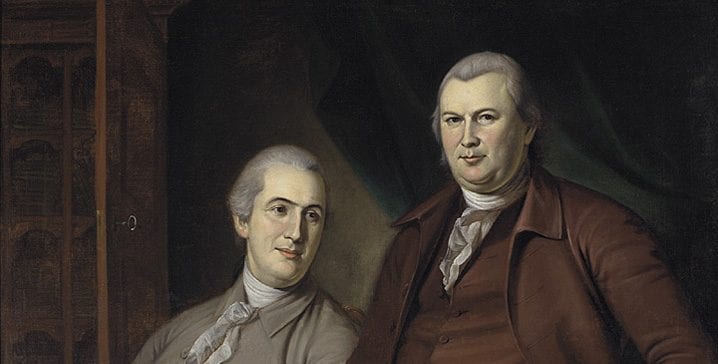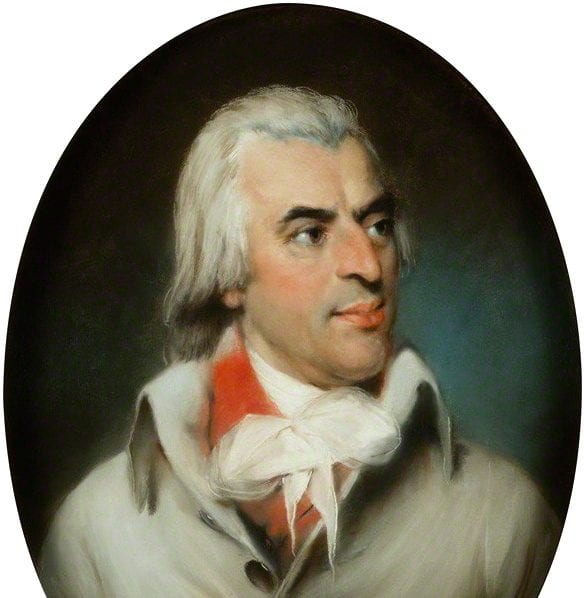To GEORGE WASHINGTON.
President of the United States. The Memorial of the Citizens of Philadelphia, the Northern Liberties and the District of South—wark, in the State of Pennsylvania,
Respectfully Sheweth
That your memorialists, sincerely and affectionately attached to you, from a sense of the important services which you have rendered to the United States, and a conviction of the purity of the motives that will forever regulate your public administration; do, on an occasion in which they feel themselves deeply interested, address you as a Friend and Patriot: as a Friend, who will never take offence at what is well intended; and as a Patriot, who will never reject what may be converted to the good of your country.
That your memorialists entertain a proper respect for your constitutional authority; and, whatever may be the issue of the present momentous question, they will faithfully acquiesce in the regular exercise of the delegated power of the government; but they trust, that in the formation of a compact, which is to operate upon them, and upon their posterity, in their most important internal, as well as external relations, which, in effect, admits another government to controul the legislative functions of the union, and which, if found upon experience, to be detrimental, can only be repealed by soliciting the assent, or provoking the hostilities, of a foreign power; you will not deem it improper or officious in them, thus anxiously, but respectfully, to present a solemn testimonial of their public opinion, feelings and interest.
That, under these preliminary acknowledgments of the duty and of the design of your memorialists, the following objections to a ratification of the treaty lately concluded between Lord Grenville and Mr. Jay, are submitted, with implicit confidence, to your consideration.
The Treaty is objected to,
1st. Because it does not provide for a fair and effectual settlement of the differences that previously subsisted between the United States and Great—Britain—inasmuch as it postpones the surrender, and affords no compensation for the detention, of Western Posts—inasmuch as it cedes, without any equivalent, an indefinite extent of territory to the settlers under British titles, within the precincts and jurisdiction of those posts—inasmuch as it waves a just claim for the value of the negroes who were carried off at the close of the war, in violation of a positive compact—and inasmuch as it refers all the hopes of indemnity, for the recent spoliations committed on the commerce of the United States, to an equivocal, expensive, tedious, and uncertain process.
2. Because by the treaty, the federal government accedes to restraints upon the American commerce and navigation, internal as well as external, that embrace no principle of real reciprocity, and are inconsistent with the rights, and destructive to the interests, of an independent nation—inasmuch as it unreasonably fetters the intercourse with the West—Indies, with India, and the American Lakes, by means of the navigable rivers belonging to the British—inasmuch as in many instances it circumscribes the navigation of the United States to a particular voyage—and inasmuch as some of our staple commodities (exempted by the treaties with France, Holland, Prussia and Sweden) it makes liable to confiscation as contraband; and others (exempted by the law of nations) it makes liable to seizure, upon payment of an arbitrary price, as articles useful to the enemies of Great—Britain.
3. Because the treaty is destructive to the domestic independence and prosperity of the United States—inasmuch as it admits aliens, professing a foreign allegiance to the permanent and transmissible rights of property, peculiarly belonging to a citizen—and inasmuch as it enables Great Britain to draw an invidious and dangerous line of circumnavigation round the territory of the union, by her fleets on the atlantic, and by her settlements from Nova Scotia to the mouth of the Mississippi.
4. Because the Treaty surrenders certain inherent powers of an independent government, which are essential, in the circumstances of the United States, to their safety and defense: and which might on great emergencies, be successfully employed to enforce the neglected claims of justice, without making the last, dreadful appeal to arms; inasmuch as the right of sequestration; the right of regulating commerce, in favor of a friendly, and against a rival power; and the right of suspending a commercial intercourse, with an inimical nation, are voluntarily abandoned.
5. Because the treaty is an infraction of the rights of friendship, gratitude and alliance, which the Republic of France may justly claim from the United States; and deprives the United States of the most powerful means to secure the good—will and good offices of other nations; inasmuch as it alters, during a war, the relative situation of the different nations, advantageously to Great Britain, and prejudicially to the French Republic; inasmuch as it is in manifest collision with several articles of the American Treaty with France; and inasmuch as it grants to Great Britain certain high, dangerous and exclusive privileges.
And your memorialists, having thus, upon general ground, concisely, but explicitly, avowed their wishes and opinions and forbearing a minute specification of the many other objections that occur,—conclude with an assurance that by refusing to ratify the projected treaty, you will according to their best information and judgment at once evince an exalted attachment to the principles of the Constitution of the United States and an undiminished zeal to advance the prosperity and happiness of your constituents.
Signed by order of the General Meeting at Philadelphia, the 25th July, 1795
W. Shiffen, Junior Chairman
CommitteeThomas Mc’ Kean, Charles Pettit, Thomas Lee Shippen, Stephen Girard, A.J. Dallas, John Swanwick, Moses Levy, Blair McClenachan, Abraham Coats, F.A. Muhlenberg, John Huhn, John Baker, William Coats.








